Event Summary
Greater Manchester Development Update | Photos and summary
The hot topics of political divide, improving lives and unlocking opportunities were top of the agenda at Place North West‘s Greater Manchester Development Update.
Sponsored by Wates, Curtins, ClearFibre, Cowgills, LUC and JMW, the event was held at the Science and Industry Museum on 8 September.
Here are some of the big talking points from the event.
Scroll down to see photos from the event.

Evolution of design
Richmal Wigglesworth, associate partner at Sheppard Robson, opened the conference with her thoughts on how to give landmark sites a new life. She detailed three projects in her presentation: New Victoria, a project repurposing land for residential development next to Victoria Station; the “incredibly complicated” transformation of the former Kendals building; and 39 Deansgate, an office block planned for the site of the former Speakers House. Later, in the first panel discussion, Wigglesworth said: “I think there’s a lot more consideration about materials and provenance. It’s not just purely aesthetics – you have to really think about where [a building has] come from and the embodied carbon within it.”
Host Dan Whelan, Place North West’s senior reporter, then quizzed her further on internal design. Wigglesworth said: “People still want to be in the office. I think it’s all to do with fit out. The idea of just stacking desks really high is kind of gone. There’s a lot of breakout space, people might just pop in for a meeting, you have to provide a lot of different ways to interact with each other.”
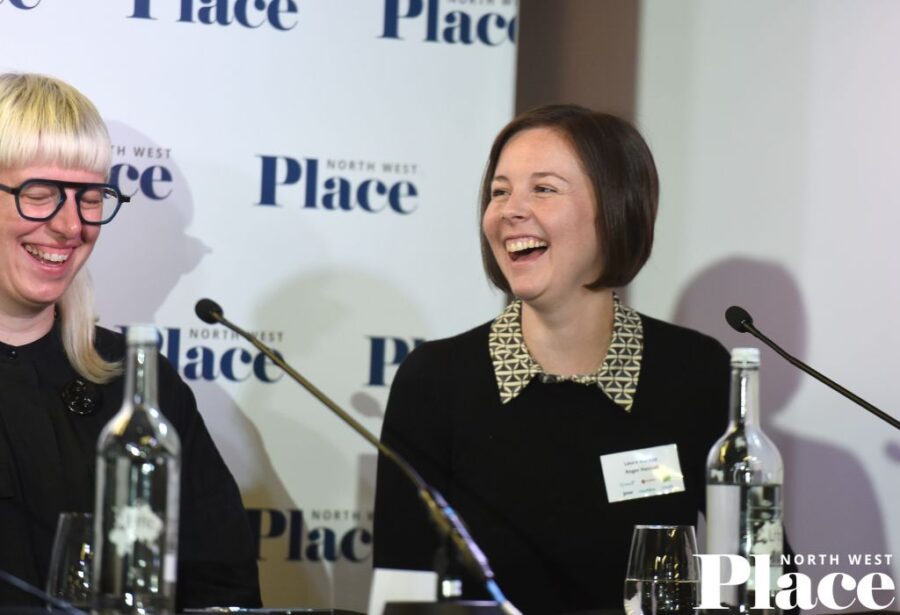
Sheppard Robson’s Richmal Wigglesworth and Roger Hannah’s Laura Mackay spoke about development opportunities in the city region. Credit: PNW
Supply and demand
Laura Mackay, director at Roger Hannah chartered surveyors, was straightforward in her views of this subject: “In terms of the housing market, there are a lot of problems, but the fundamental one is that there’s not enough supply. There’s not enough land to build on, there’s not enough coming forward, and it doesn’t meet demand. There are not enough homes in the places where people want to live.”
Mark O’Mullane, development director of Muse Developments, said he believes partnership working is key to solving the housing crisis: “Collaboration between public sector partners is good. The economics of doing something like [residential development] is really challenging in an inflationary environment; it’s really challenging in a non-inflationary environment…Cross-public sector partnership is a really important factor in addressing housing delivery.”
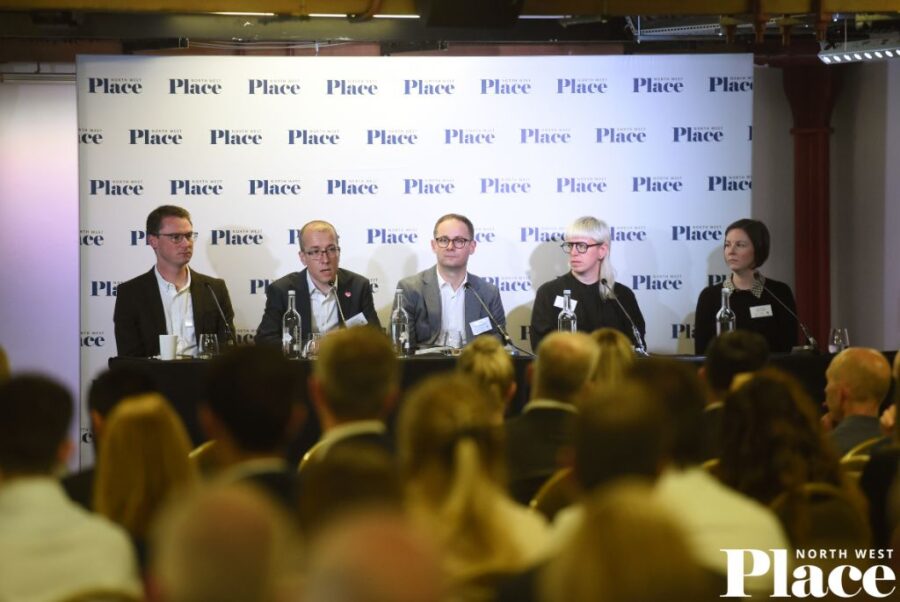
From left: Muse’s Mark O’Mullane, Tom Stannard, Nick Graham, Richmal Wigglesworth, and Laura Mackay. Credit: PNW
Political planning problems
Nick Graham, associate director at Peel L&P, shared frustrations that big projects are taking so long to come to fruition.
He said: “Everything is delayed at the moment, particularly with local plans. They are slow to come forward. We’re constantly solving problems, firefighting, trying to reposition projects to make sure that they have as smooth a pass as possible. Plans are taking minimum five years and, in many cases, 10 years.
“It’s politics, ultimately,” Graham continued. “The national picture is very confusing.
“We have a government that is constantly moving the goalposts and trying to reform the system, and that creates difficulties in terms of authorities just knowing how to pitch things, or agree the right time to invest in a plan where the whole system might get pulled out from under their feet in two or three years’ time. I think it’s getting more and more difficult for authorities to make decisions about how they should grow and where.”
Whelan pointed out that research this month by the Institute of Town Planners found that the amount local authorities were investing in their planning departments has dropped 43% in the last decade.
Tom Stannard, chief executive of Salford City Council, responded: “We are fond in local government of talking about the capacity, recruitment and retention challenges that affect us in areas like health and social care. But don’t forget the same thing is happening in the white-collar professional services that support regeneration, growth, and development. Planning is a case in point; likewise, engineering, surveyors and technical services.”
On the appointment of Liz Truss as Prime Minister he added: “One of the things I was heartened to hear is that as well as fixing the energy crisis, there is a plan for growth and a desire to have a very active plan for growth. I was also interested in hearing the new Prime Minister saying that she was less in favour of a heavy-handed interventionist approach from the Planning Inspectorate and appeared to be saying she was keen to empower local planning authorities.”
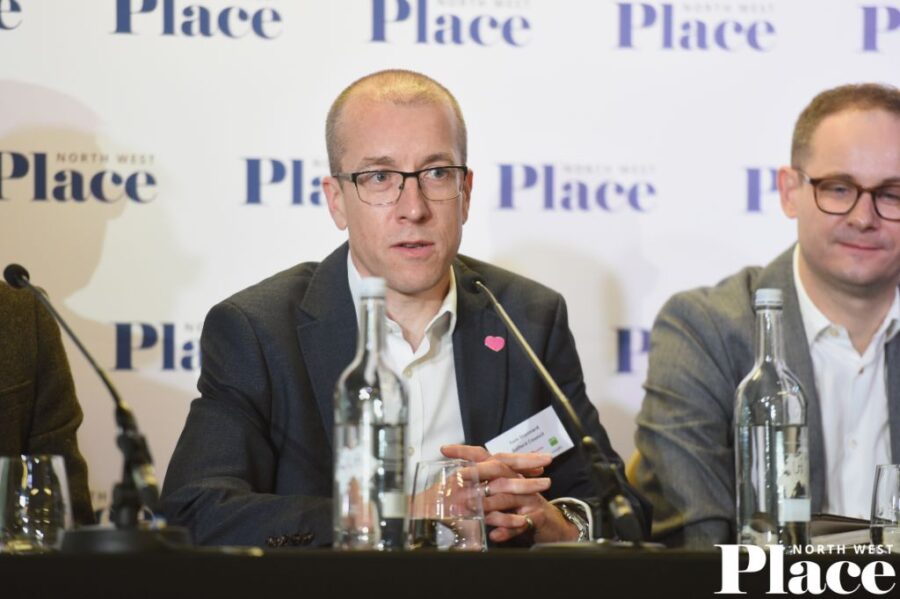
Tom Stannard from Salford City Council and Nick Graham from Peel L&P expressed frustration about ‘confusing’ national politics. Credit: PNW
Green Belt release
Talking about the Greater Manchester joint plan Places for Everyone, previously known as the Greater Manchester Spatial Framework, Graham said: “Greater Manchester hasn’t had a strategic review, particularly of its Green Belt, for about four decades now. It will make a big difference in bringing lots of big sites forward in areas that desperately need them. It is probably one of the biggest Green Belt releases this country has ever made, and it is doing it in the right way – big strategic sites, around transport, areas that are really accessible. That’s the sort of debate we need to have nationally – ‘Look what GM has done, that’s the right way to do it.’”
Mackay agreed: “We need more Green Belt release. We need more housing.”
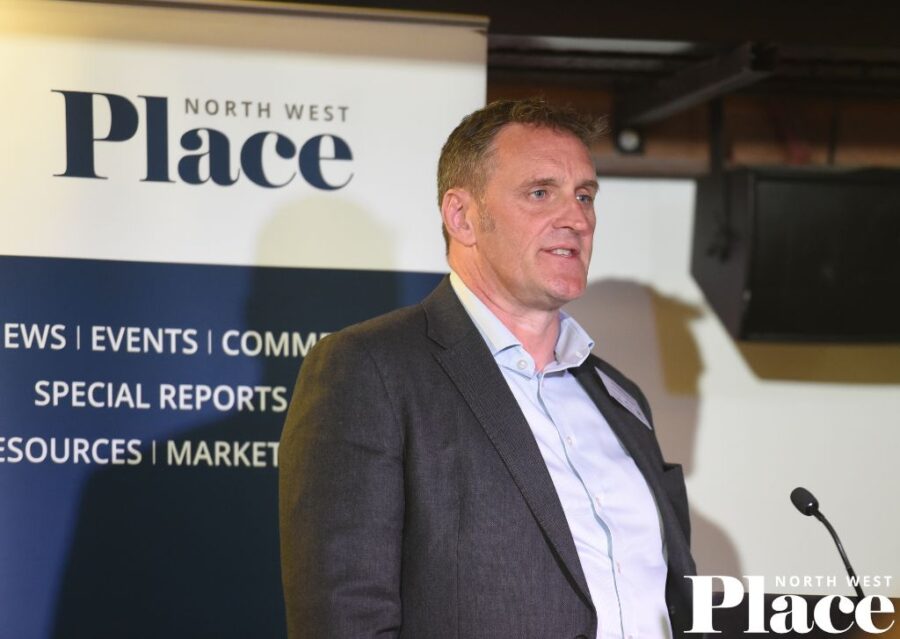
Stockport Council has adopted an ‘interventionist’ approach to regeneration, said council development director Paul Richards. Credit: PNW
An interventionist approach
Paul Richards, director of development and regeneration at Stockport Council, said in his presentation that this authority has taken an “interventionist” approach to the regeneration of its town centre over the last eight years with some success. It has delivered offices, a hotel, a £48m leisure complex and 150,000 sq ft of light industrial. “It’s about changing the prospects for the residents of Stockport – homes and jobs, better leisure and healthcare facilities,” he said. “It’s not all about building. What these schemes show is the partnership approach to working because we understand that, given the scale of what’s being done, the local authority can’t deliver it. We’re always open to a conversation about how we can move things forward.”
In the following panel session, Amanda Chadderton, leader of Oldham Council, said: “I suppose a lot of us in Greater Manchester have taken a very similar position about taking an interventionist approach as a local authority. I think we’ve all come to that view because we can’t be reliant on central government. We took the view that we lead towns that have been de-industrialised and left behind. That yawning gap between the North and South is a huge issue for us and if we don’t do it, then nobody’s going to do it, and we can’t do it on our own.”
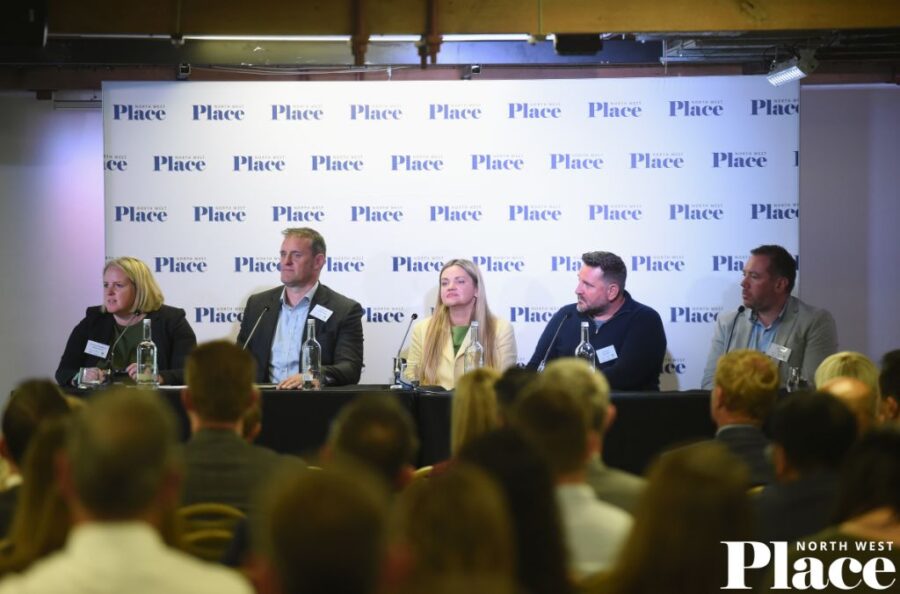
From left: Oldham Council’s Amanda Chadderton, Stockport Council’s Paul Richards, Wigan Council’s Charlotte Cordingley, Bruntwood’s Chris Roberts, and Wates’ John Foster. Credit: PNW
Town centre changes
Charlotte Cordingley is director of housing, property and corporate assets for Wigan Council. She said: “We did a big, big listening exercise in 2018 and what we heard from our residents is that they wanted a bigger focus on our town centres. Working very closely with our private sector partners, we’re bringing on board a huge mixed-use redevelopment scheme including 450 homes, a multimedia Media Centre, cinema, golf, bowling, etc, etc. We’re thinking about the economy from first thing in the day, in terms of the office footfall that we get, to last thing at night.”
Chris Roberts, chief development officer at Bruntwood, said: “It’s partly about what we need to do to the town centres, but it’s actually what the city centres need the towns to do for them as well.”
He continued: “There are loads of really strong independent businesses that are flourishing or could flourish, more amenity-based retail, more service-based retail. We’ve talked around the importance of having the town centre, which doesn’t just play for the retail and leisure, but also has the health agenda out there. I’m not a huge believer that the high street is dead. I think the high street is incredibly challenged. The cost base for a lot of independent businesses there is disproportionately high.”
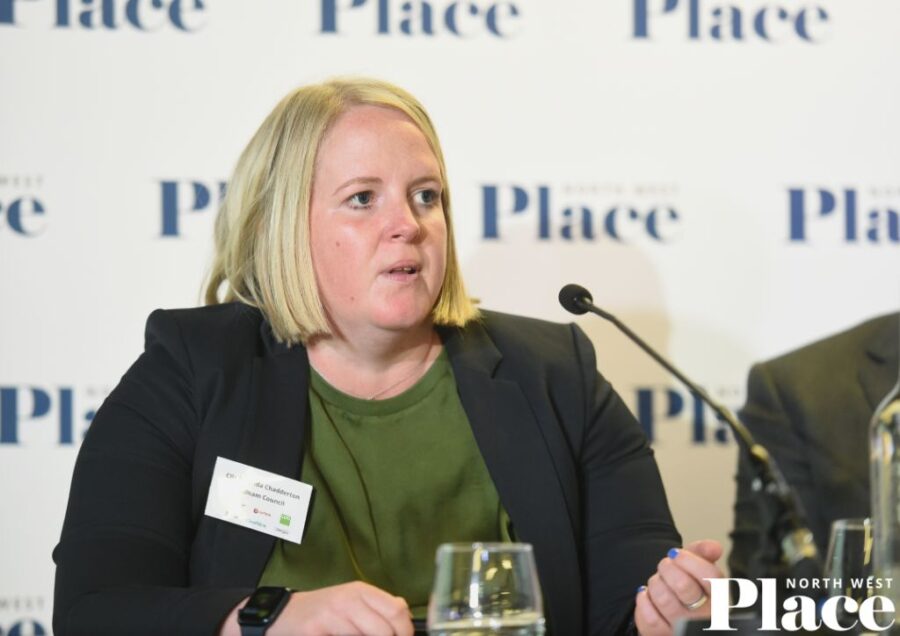
he ‘yawning North-South gap is an issue for us,’ said Amanda Chadderton from Oldham Council. Credit: PNW
The way forward with a new PM
Whelan asked John Foster, pre-construction director for Wates, what he hoped to see from the new government. Foster spoke of the well-documented issues of material and labour costs and shortages but said: “The biggest thing for our industry at the minute has got to be what we can do to around the energy crisis.”
Chadderton added: “We need assurance of what the medium- to long-term strategic direction is from the government, both at national and local level. I do hope to see a real commitment to levelling up. All it does is pitch one disadvantaged area against another and with no guarantee of success. We’ve been working on a spending plan each year that only lasts for 12 months. That gives us no certainty whatsoever and certainly not around things that we want to do in terms of regeneration, housing, but also in terms of our base budget and social care.”
Richards said processes and longevity for funding opportunities needed to be addressed: “We’ve seen several funding streams become available to local authorities, where the guidance perhaps hasn’t been fully formed at the point of bidding and decisions.
“And, if we’re only bidding on stuff that can be done within the term of the current parliament, that’s really difficult from a regional point of view, because no one can start from today and get schemes built if we’re expecting an election at some point in 2024.”
Cordingley said: “I think there’s something around moving away from a bidding culture, moving towards more devolution. We need greater decision-making locally: local government is at the heart of our local communities, and it’s what our residents feel every day.”
Roberts added: “Is the government serious about seeing economic growth across the country and less of a disparity across the country? They say they are. If they’re not serious, then fundamentally they’re naive because UK PLC cannot continue to perform on the international stage unless we see more of the wealth and the pie gets bigger. And the only way the pie gets bigger isn’t by growing the South East because the South East, in reality, is pretty much at bursting point.”
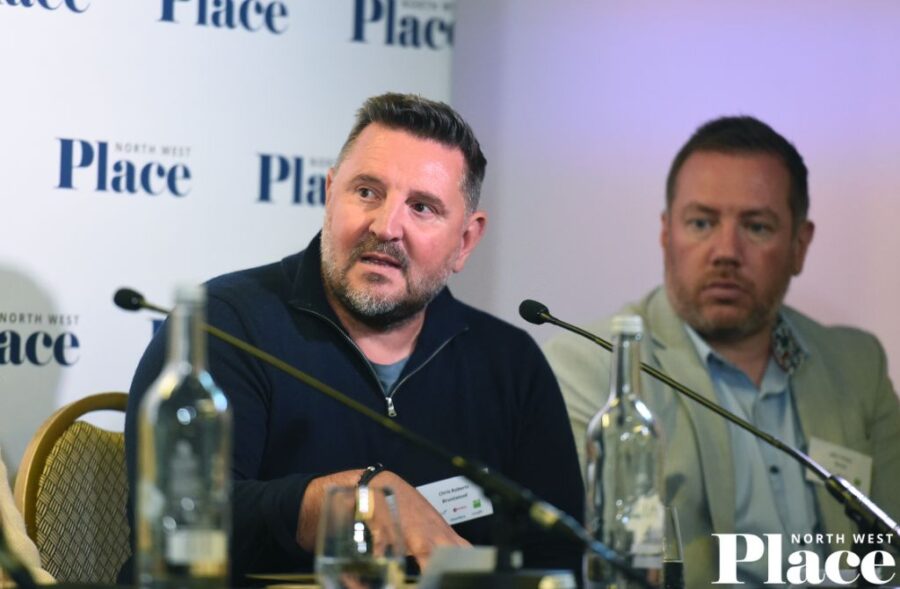
The high street is challenged, said Bruntwood’s Chris Roberts (left), while the energy crisis is compounding wider cost issues, said Wates’ John Foster. Credit: PNW
Long-term collaboration
“How can we work with funders, developers, contractors, and consultants, sharing the risk?” asked Whelan.
Foster answered: “For me, the way forward is to work in collaboration. Best value isn’t just the cost on the day. You’ve got to look forward 25 years to really understand what true best value means.
“I think there’s a lot more understanding now in terms of the challenges the sector has been facing. We can have far more honest conversations and understand how each side can support the other. The main thing is to make sure projects get delivered well.”
Post-pandemic evolution
Whelan asked how ideas about regeneration have changed, particularly given retail closures during the pandemic.
Said Cordingley: “We have seen some increases in footfall back into our town centres, but we’re still not seeing the level that we saw pre-pandemic in terms of retail. So we actually strengthened the business case we’ve got by diversifying that footfall. People want to live in town centres even more. People want their workplaces close to where they’re living, they don’t want to be travelling as far.”
Chadderton concluded: “We are in a process and a journey involving some quite significant regeneration over a relatively short period of time, and that comes with a lot of change with our communities. That’s absolutely the right thing to do, and we have to press ahead with that.”
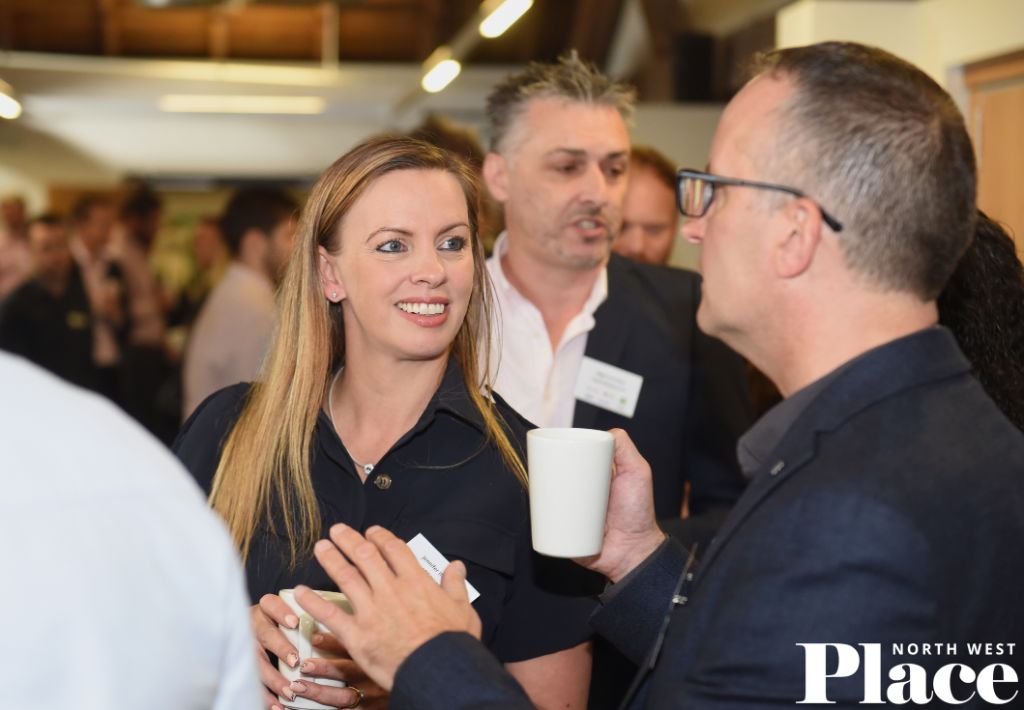
Industry professionals from across the city region and beyond attended the event. Credit: PNW
The next Place North West conference is Future of Retail at the Science and Industry Museum in Manchester. Tickets for this in-person event are currently available.
Click on any image to launch the gallery
- Two hundred people turned out for the event at Manchester's Science and Industry Museum. Credit: PNW


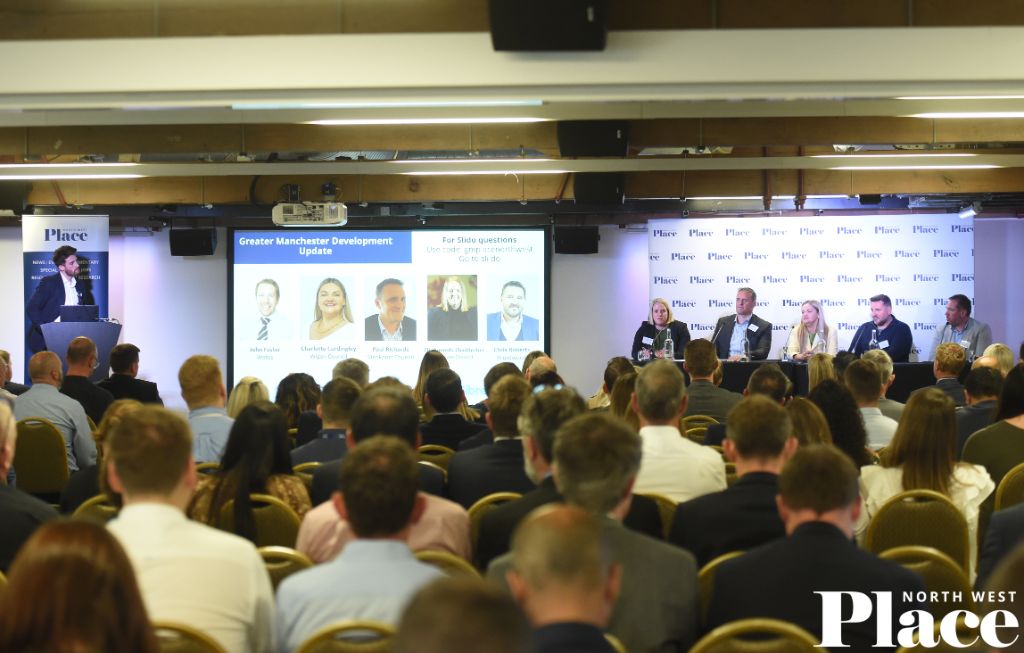
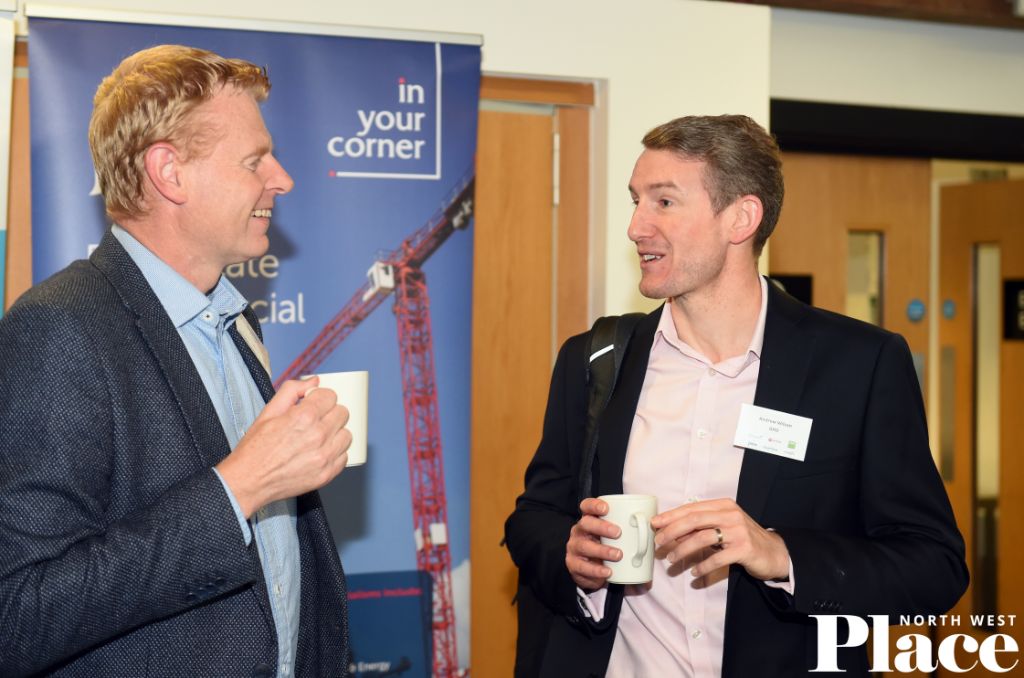



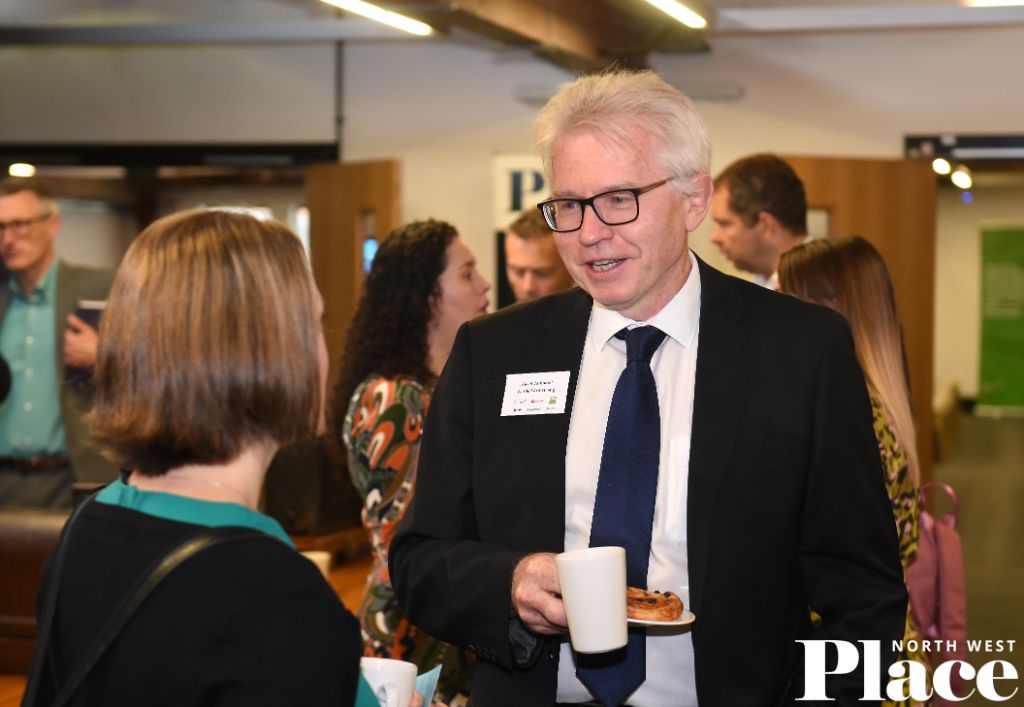
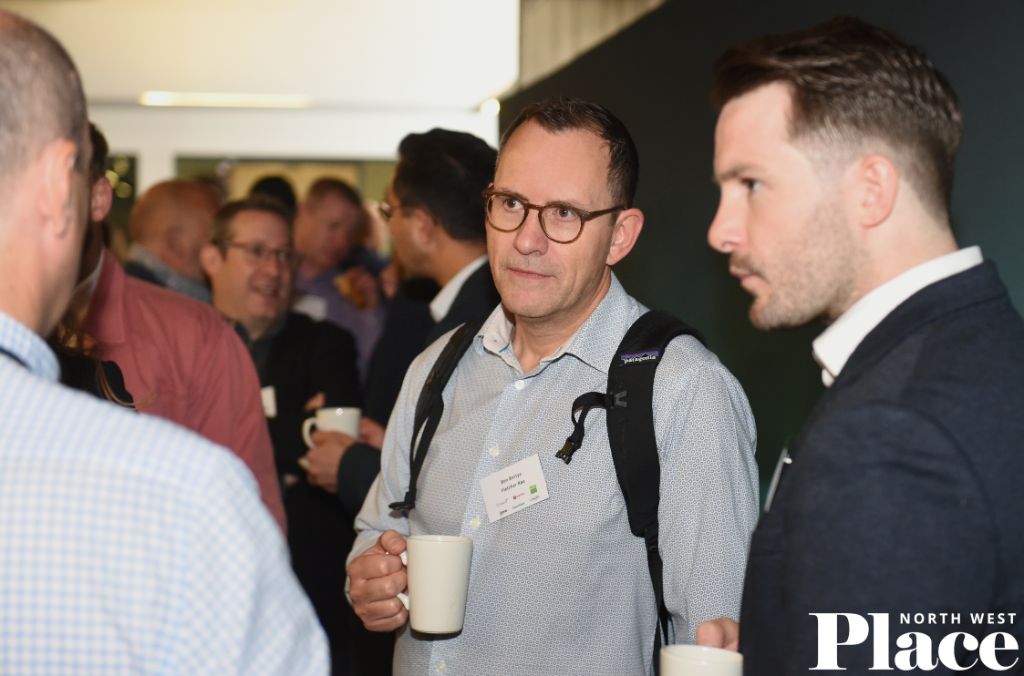

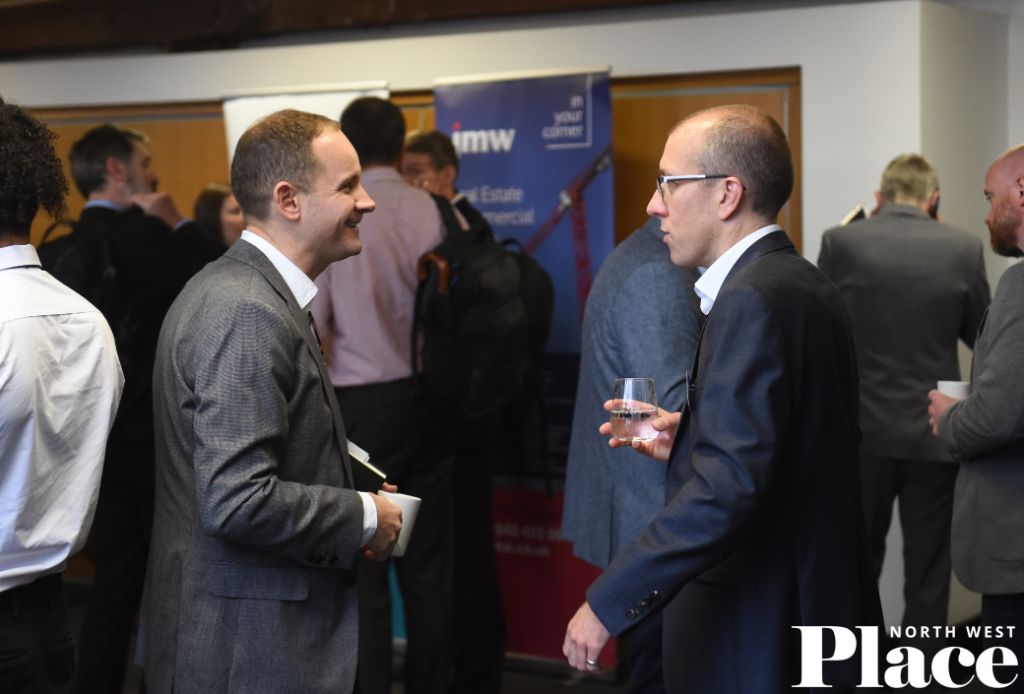

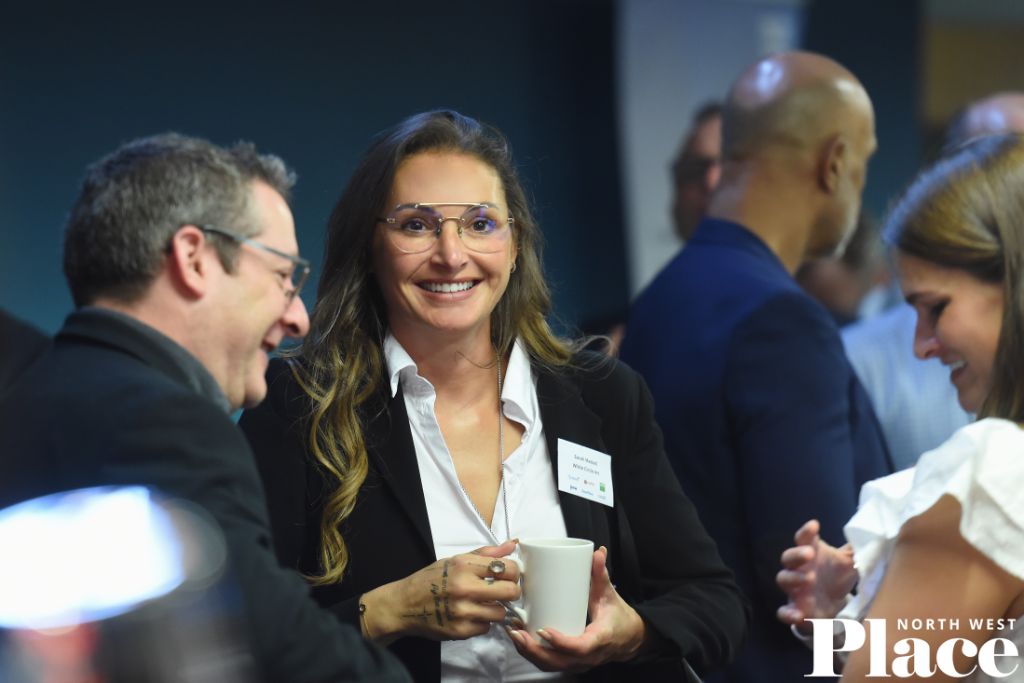

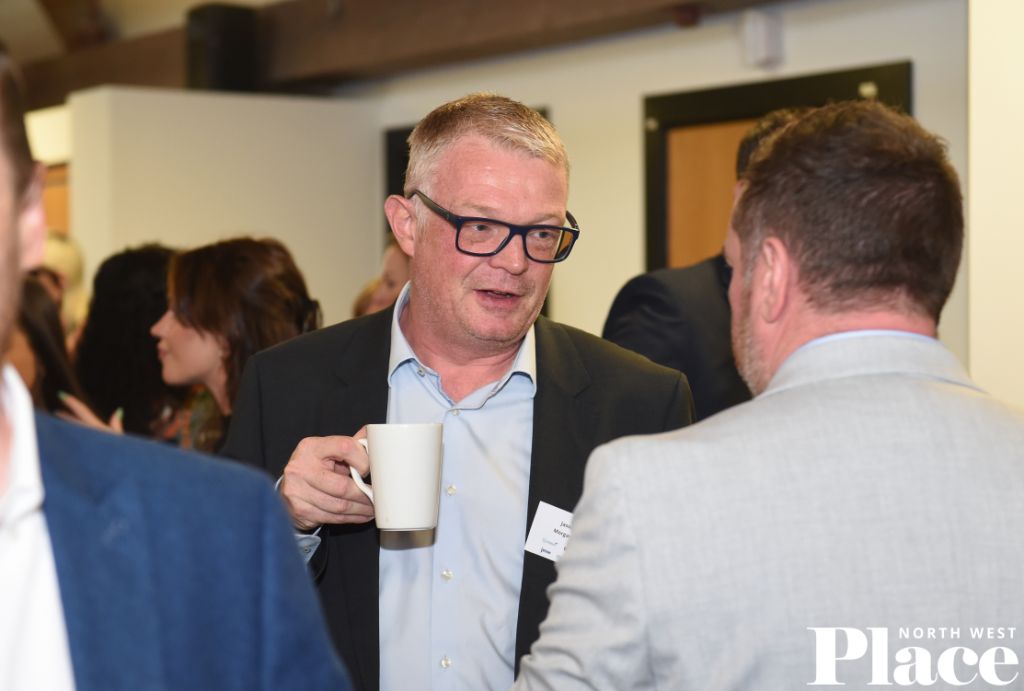
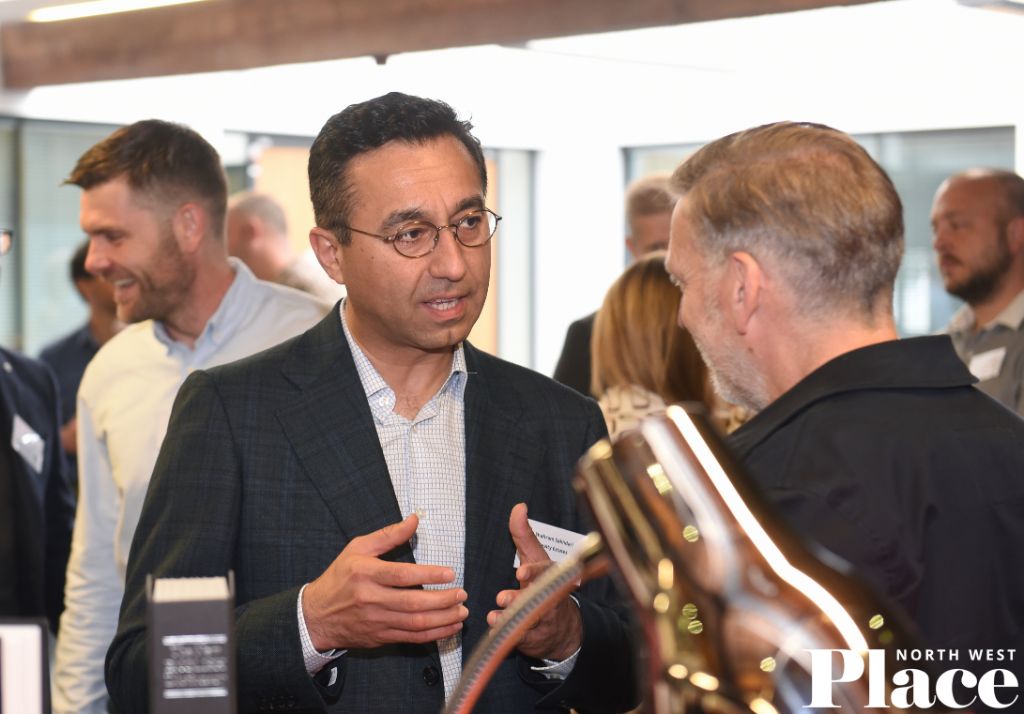
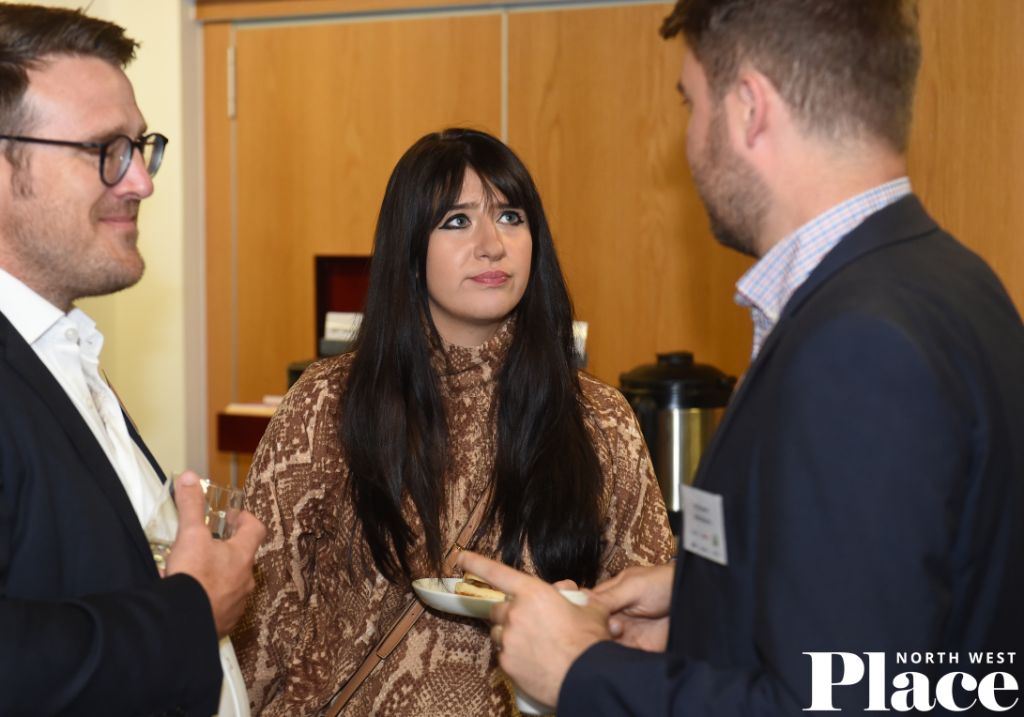
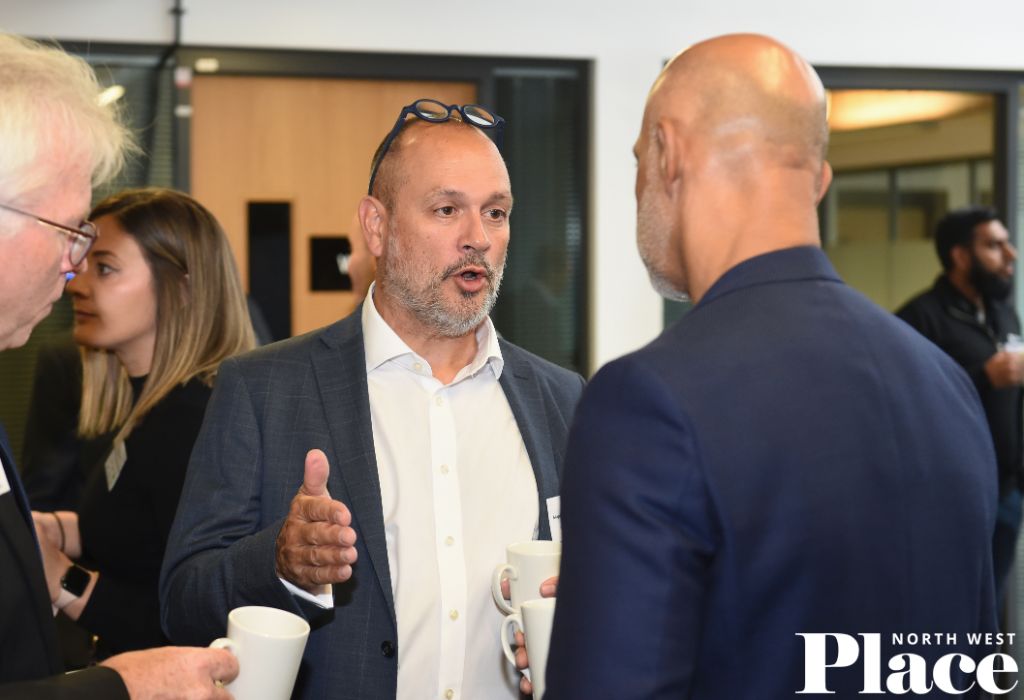

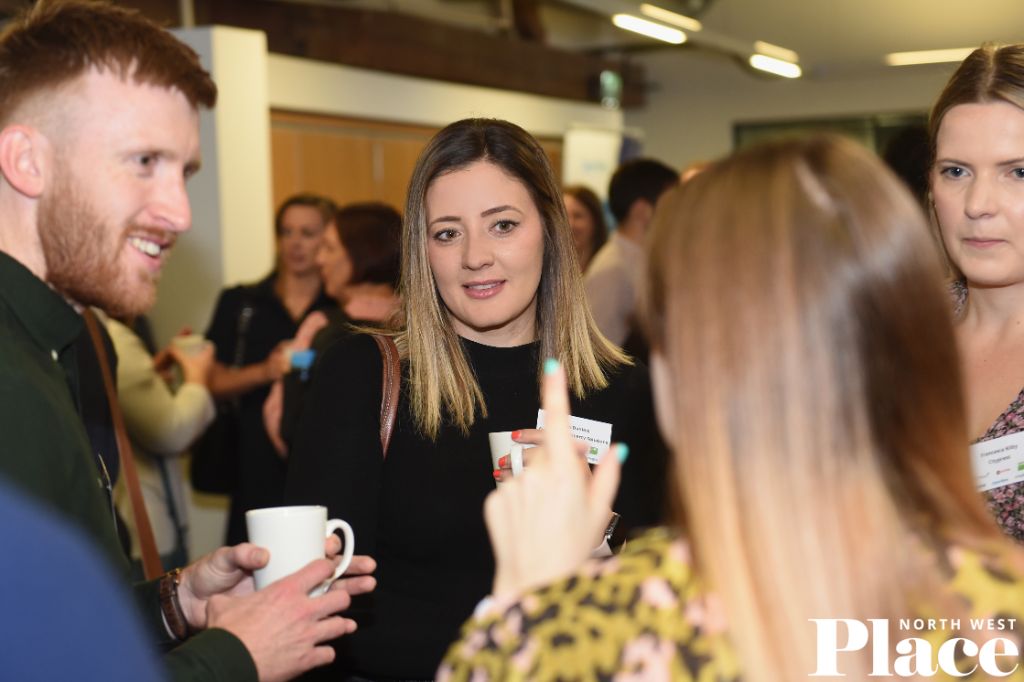

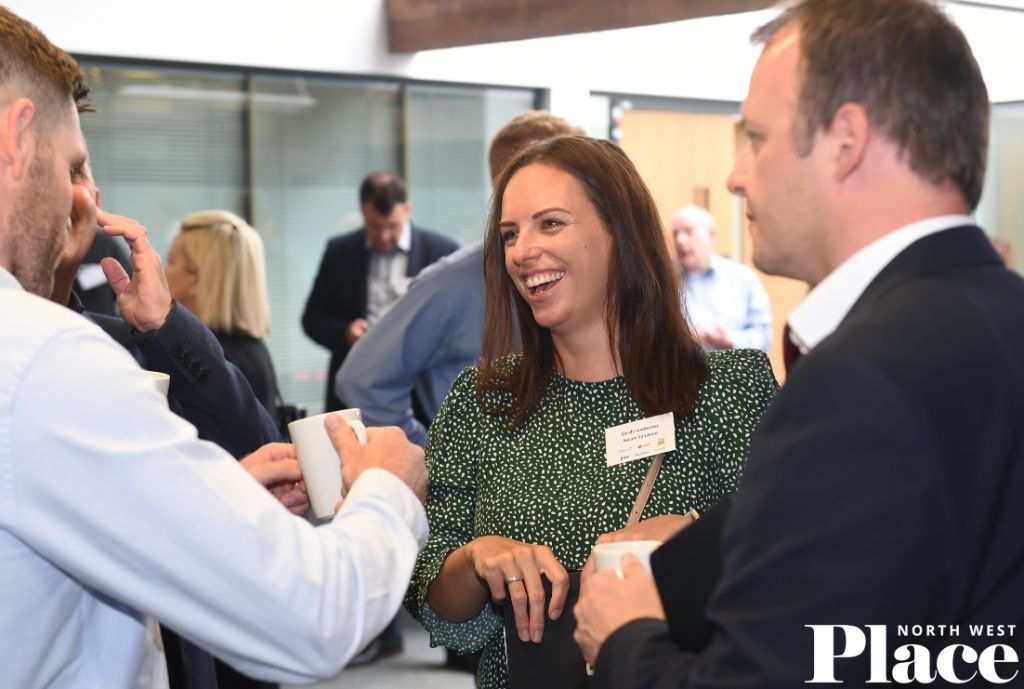
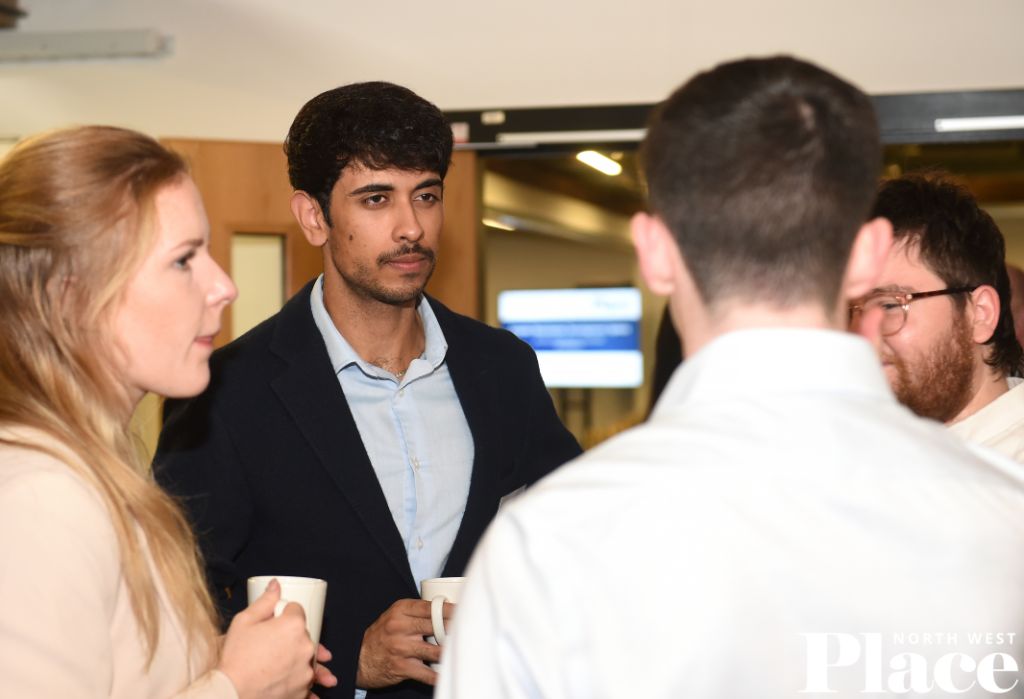
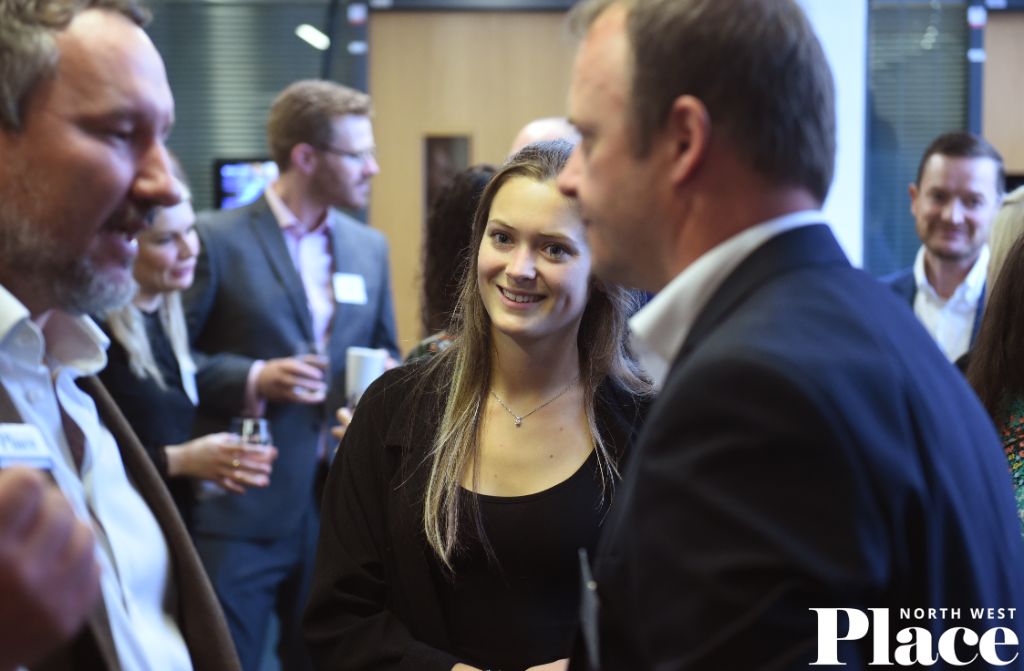
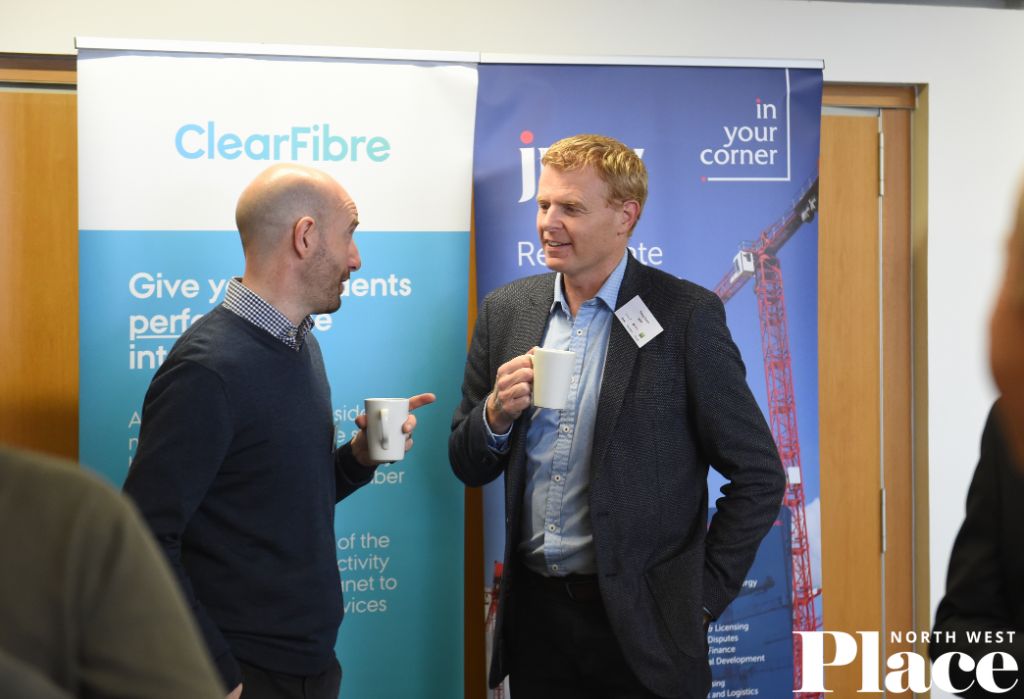
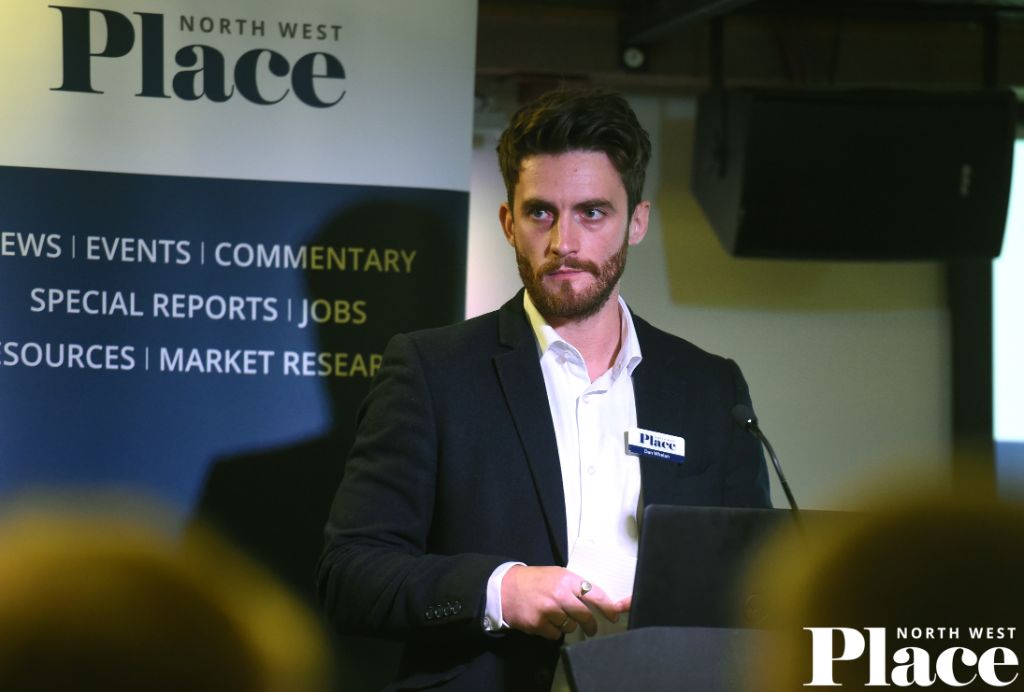
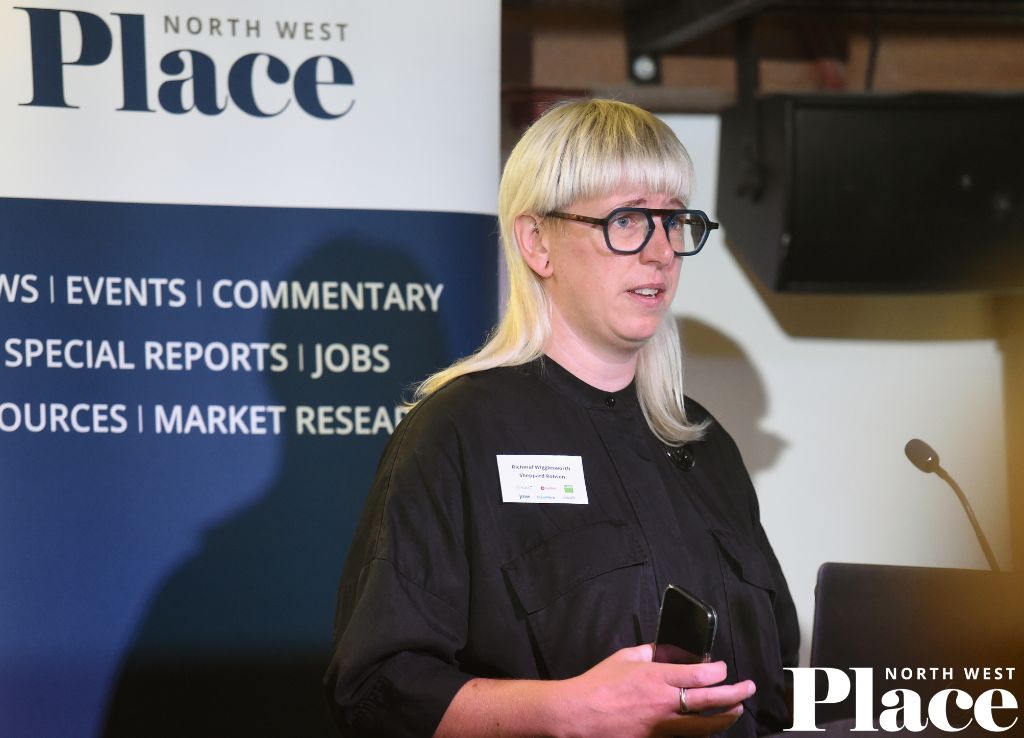
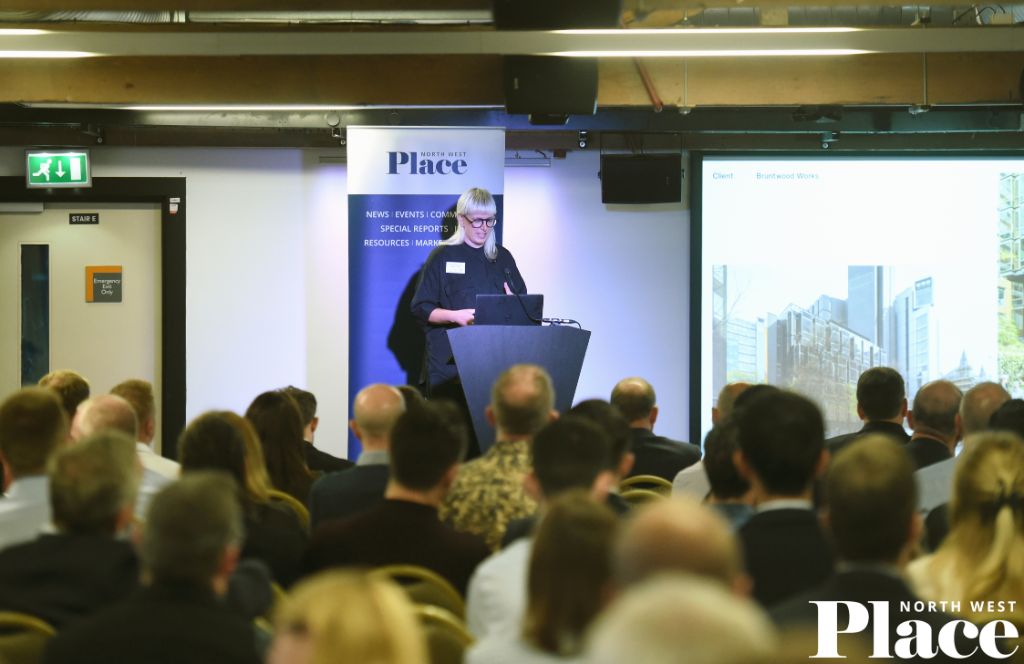
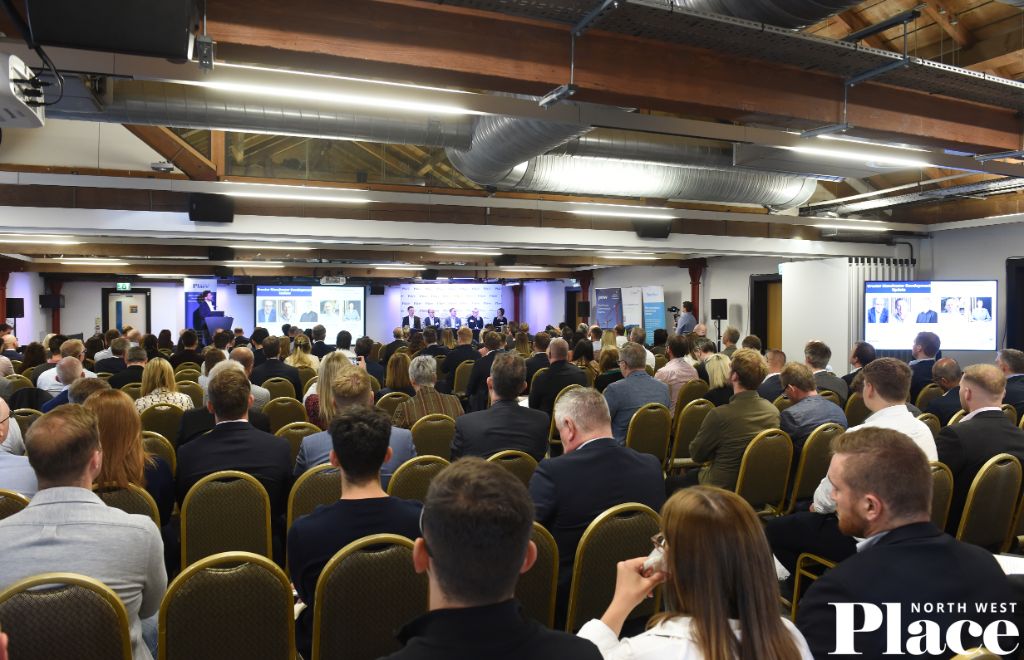
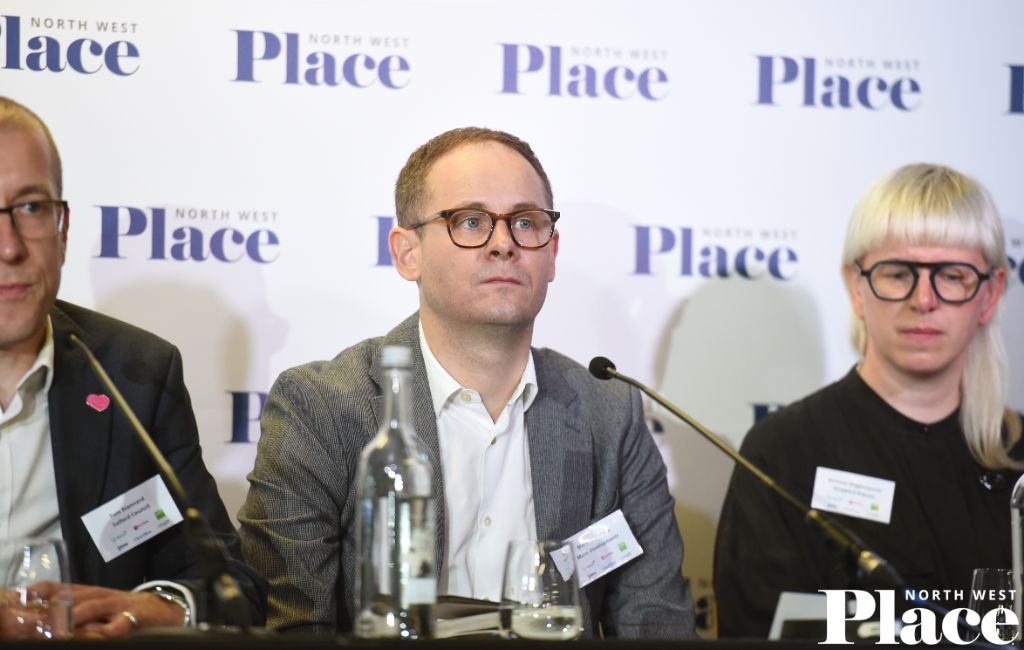
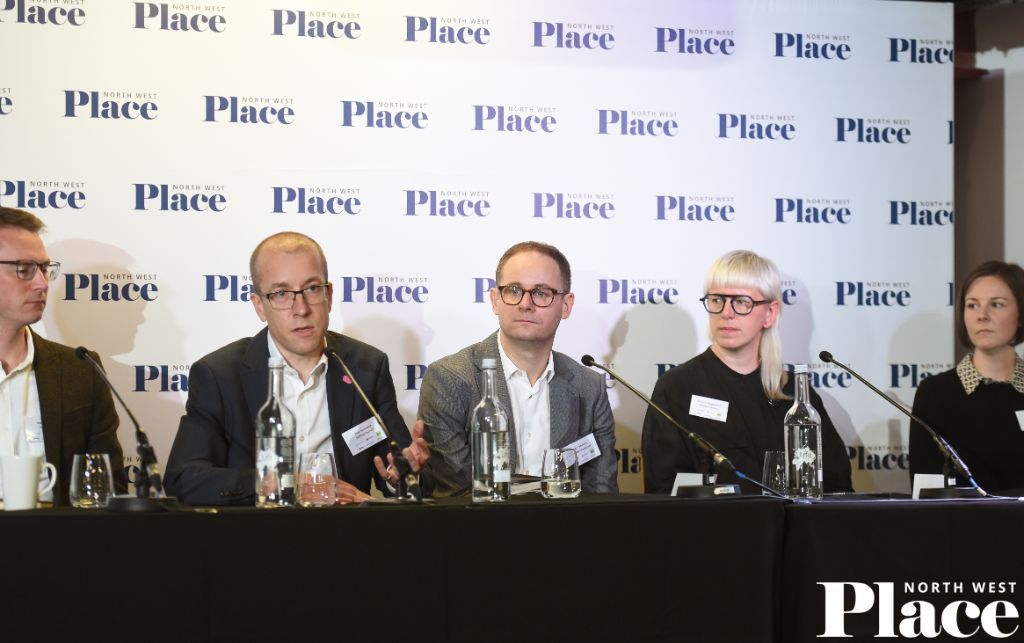
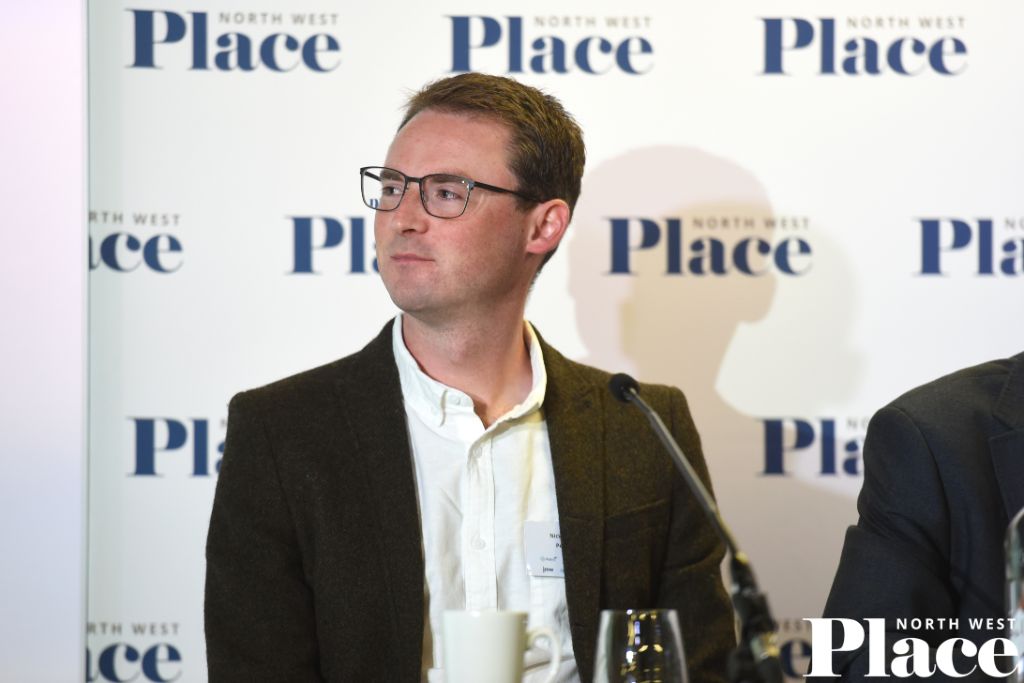
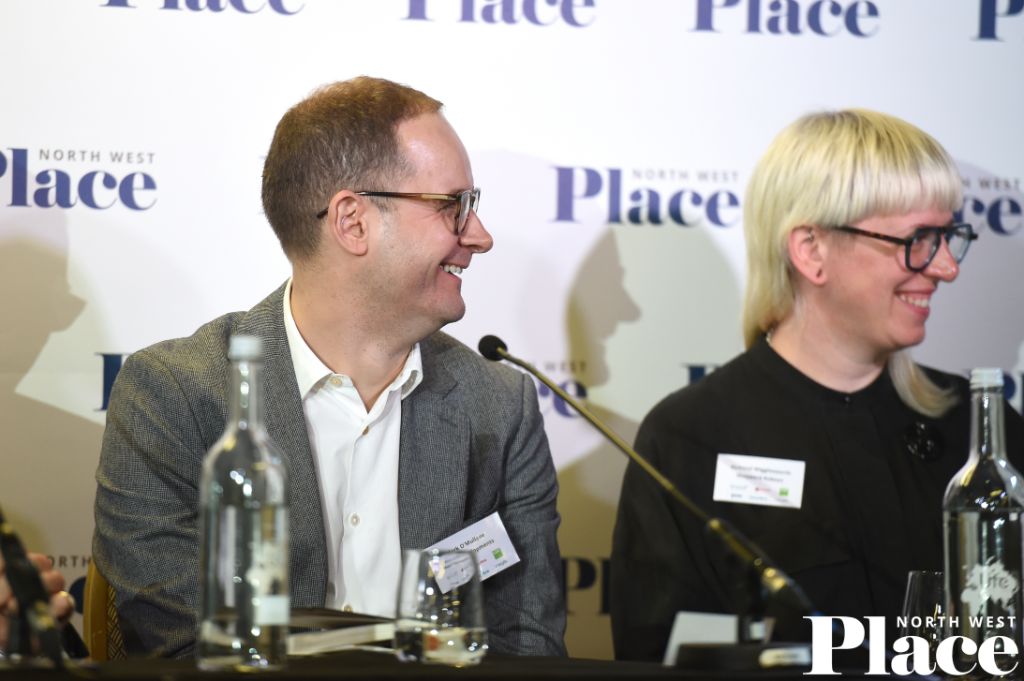
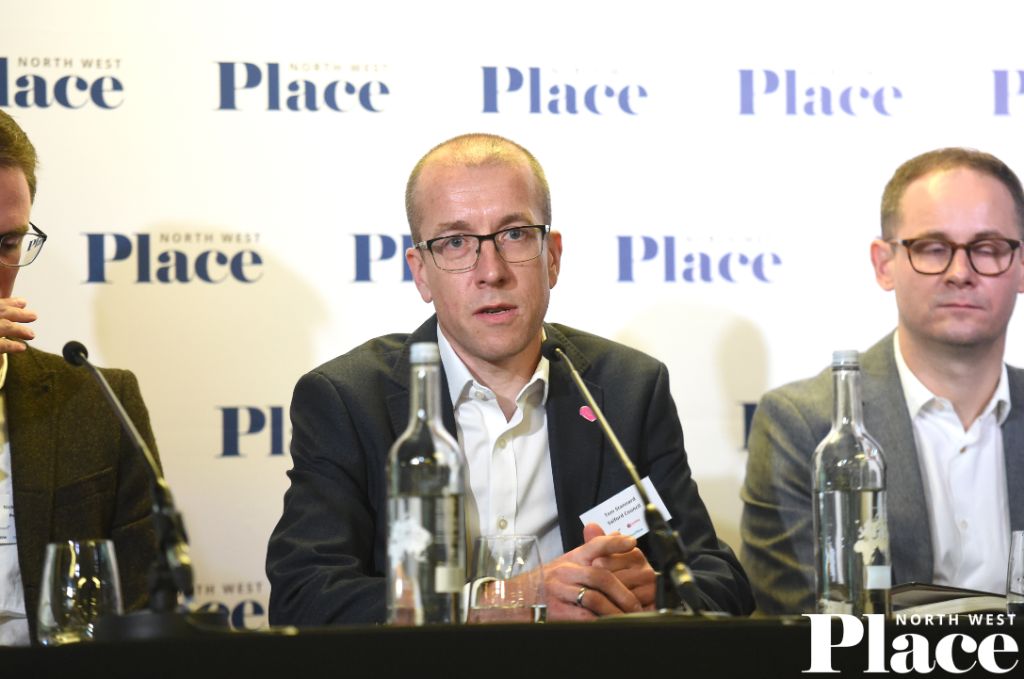
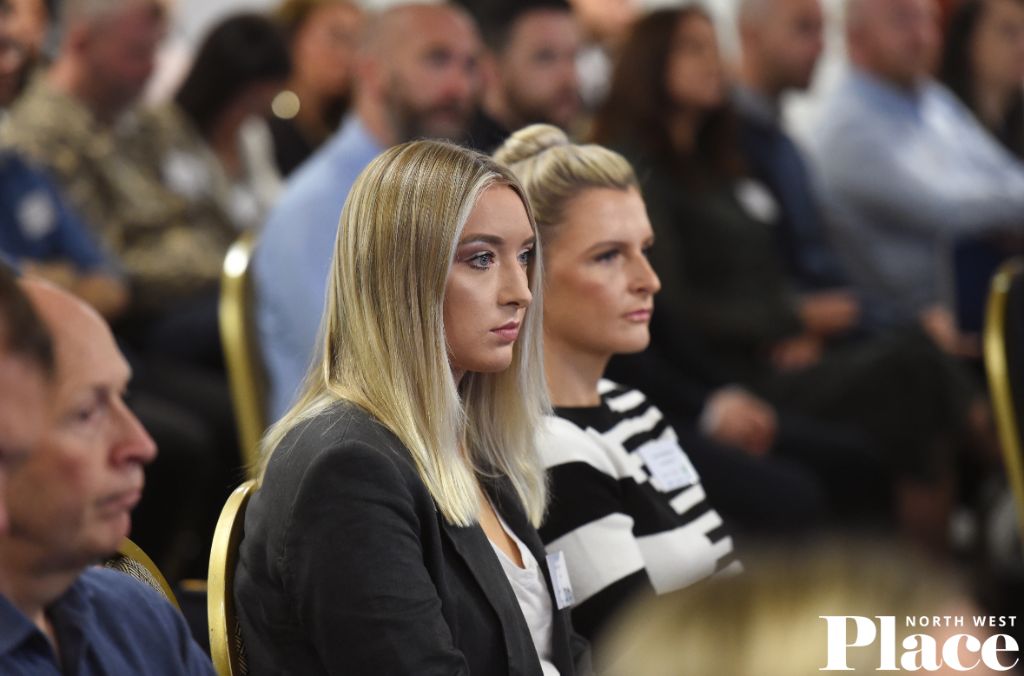
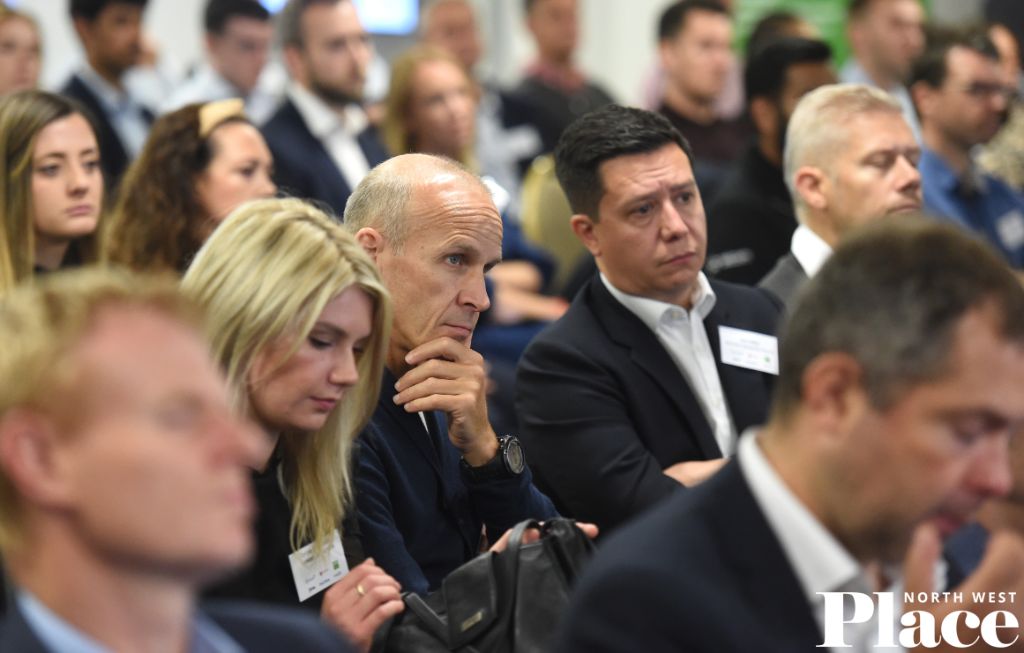
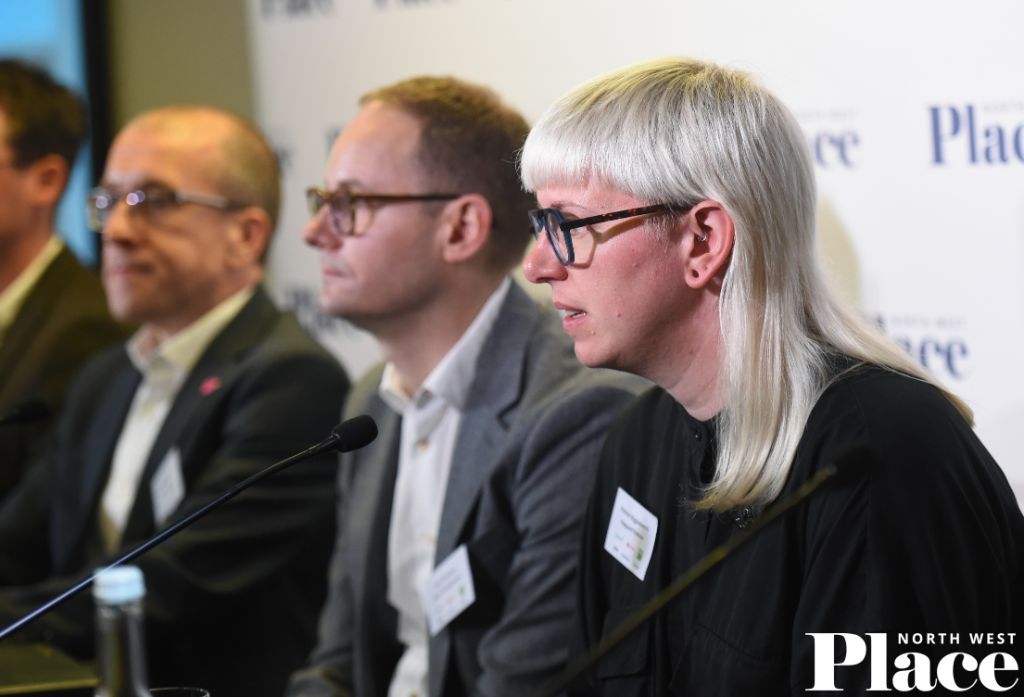
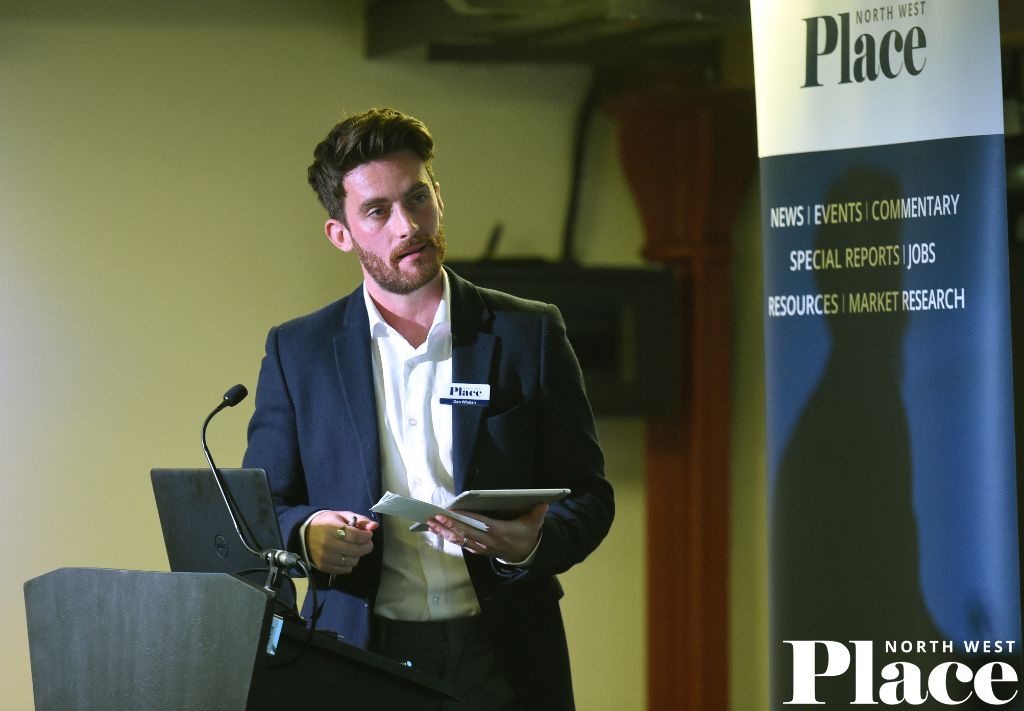
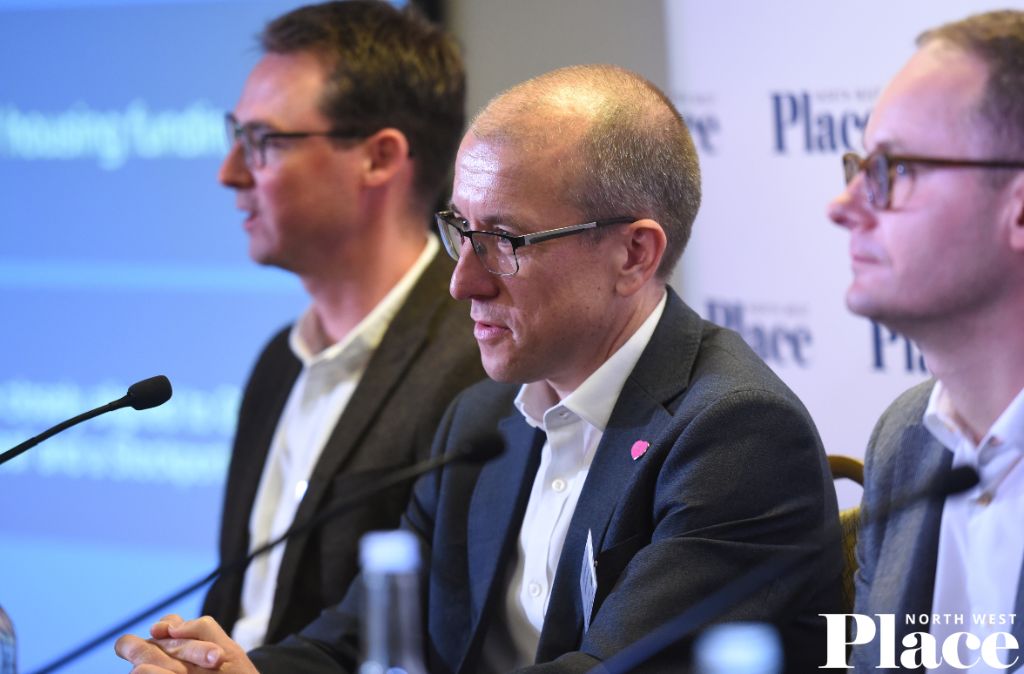
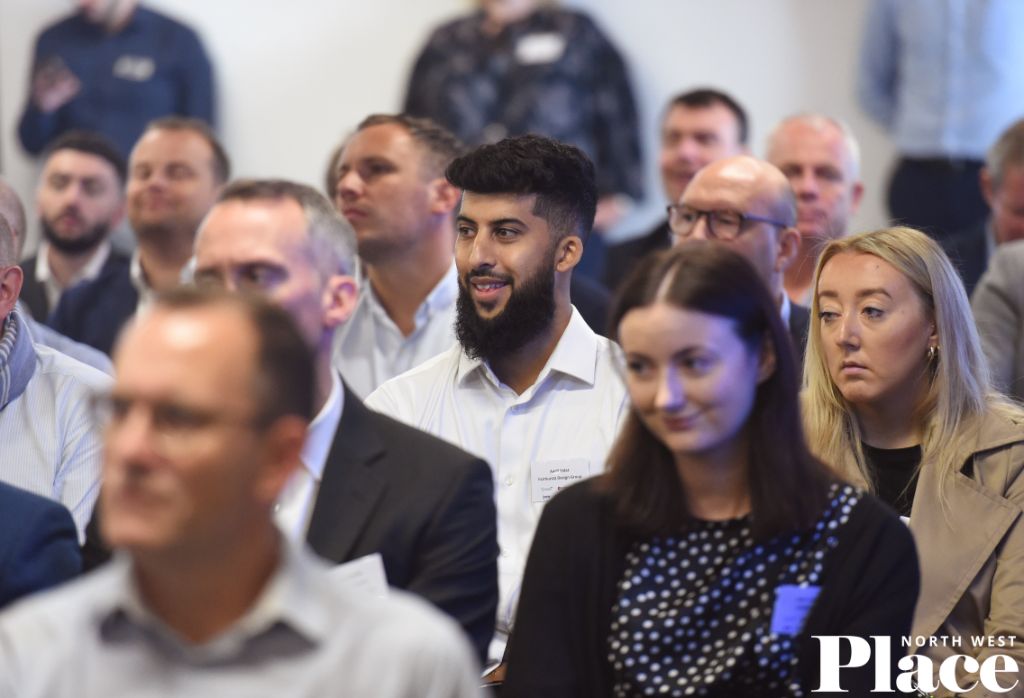
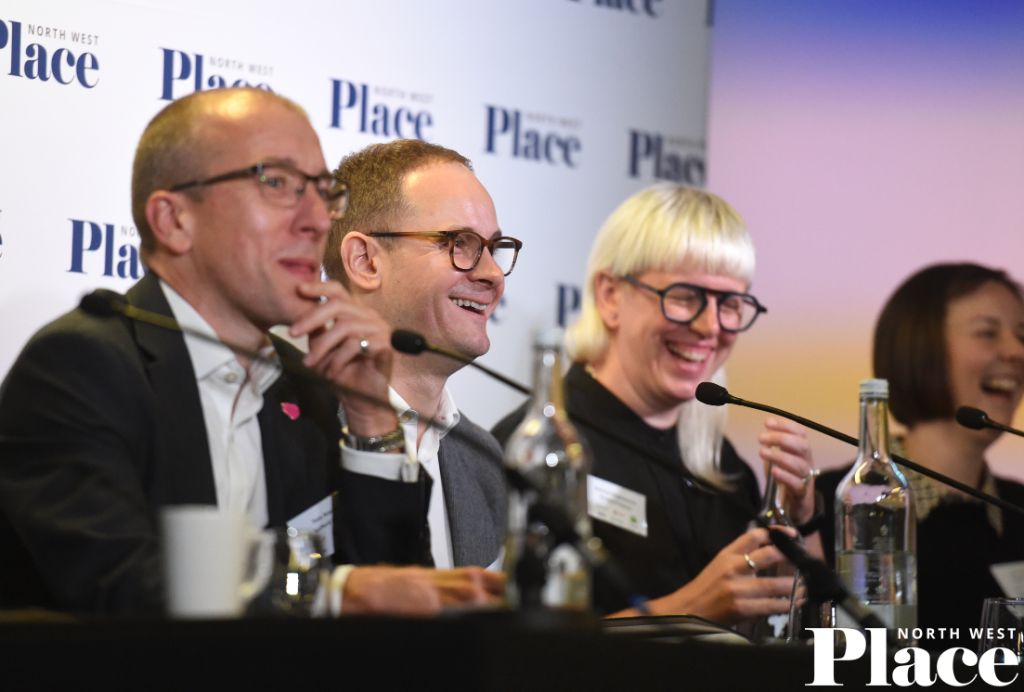
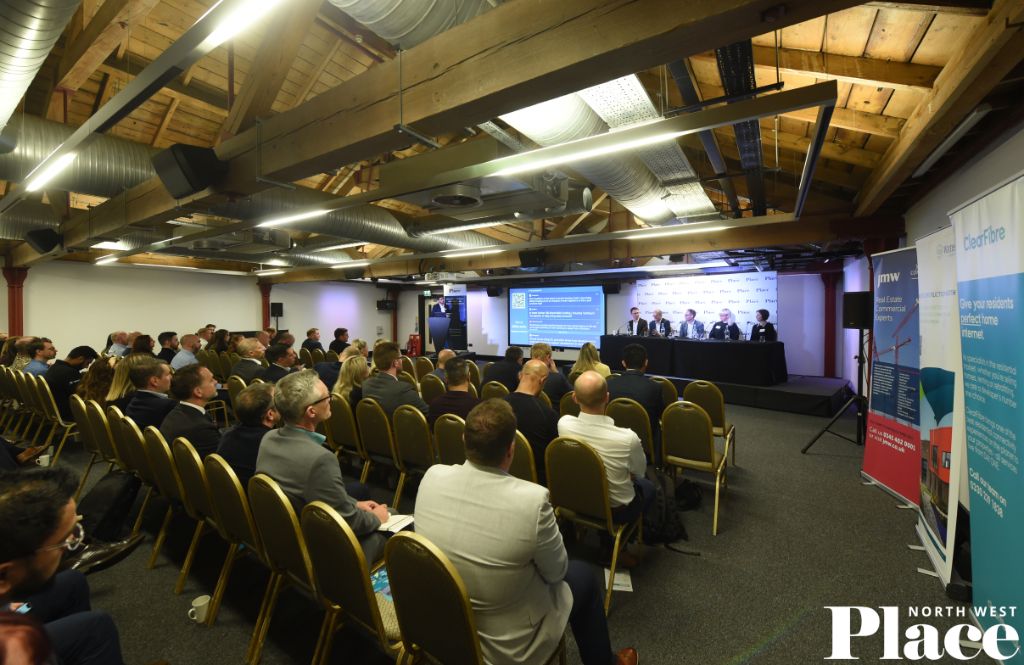
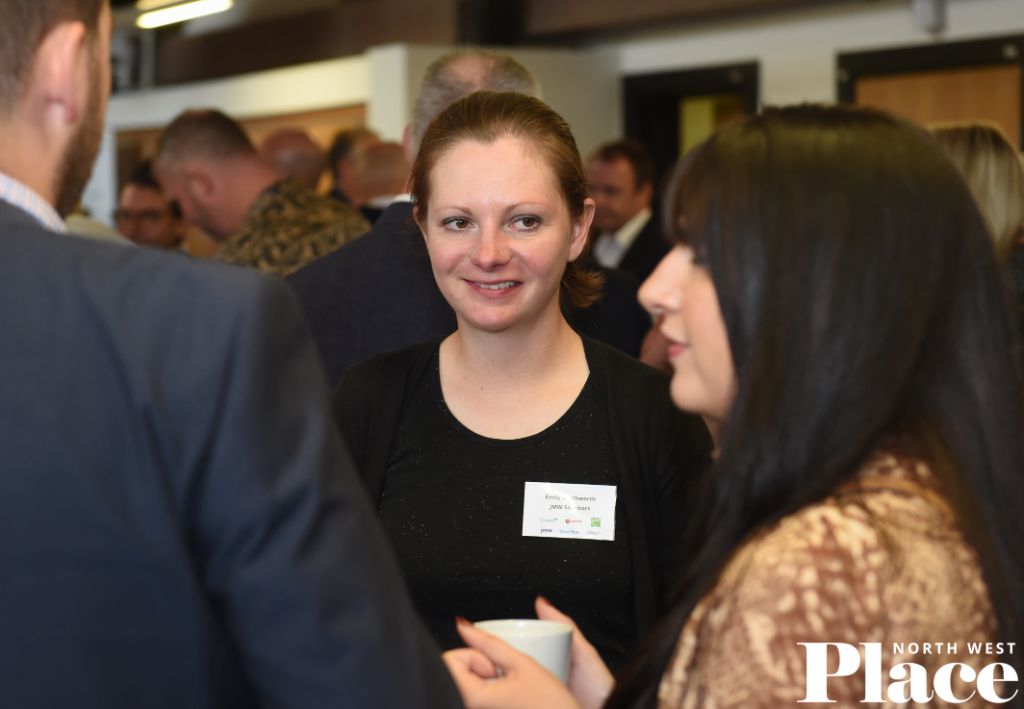
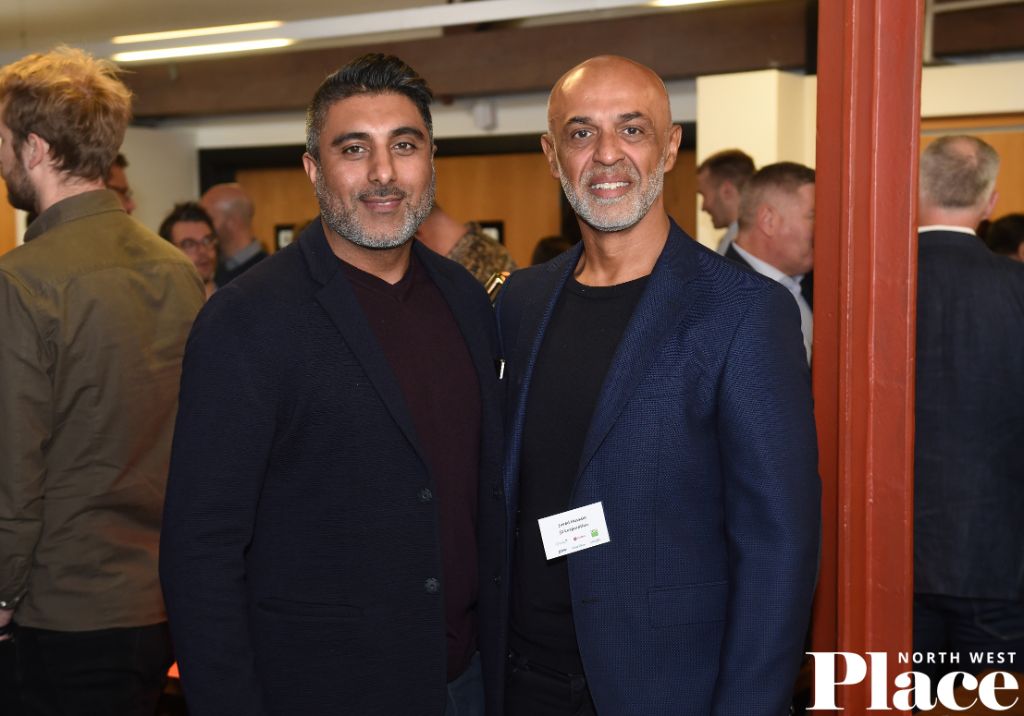
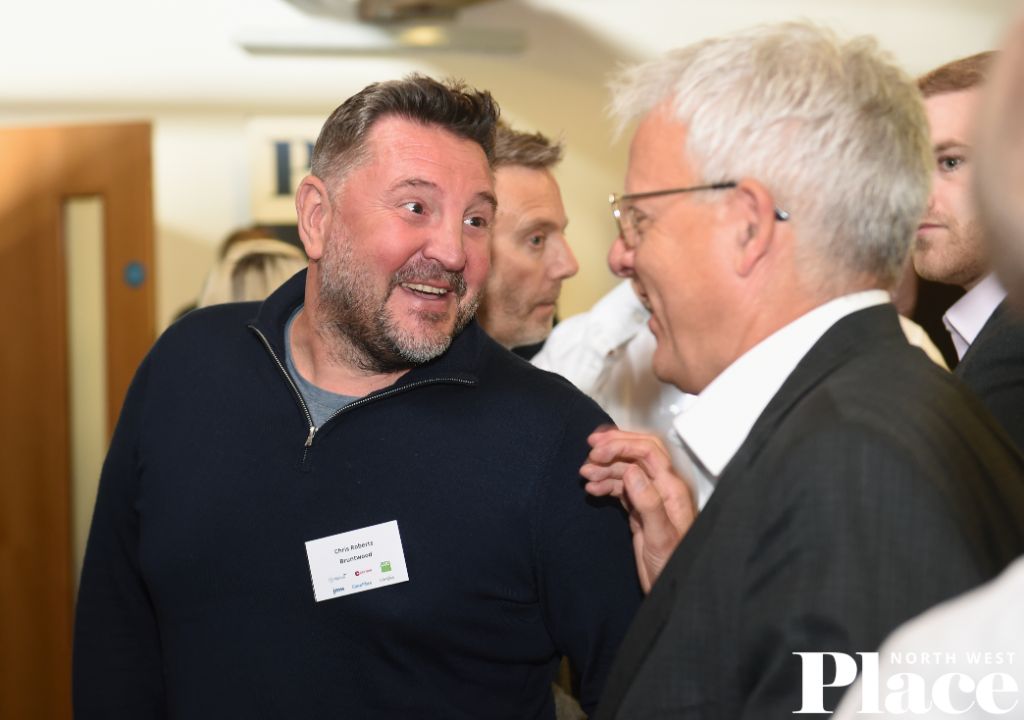
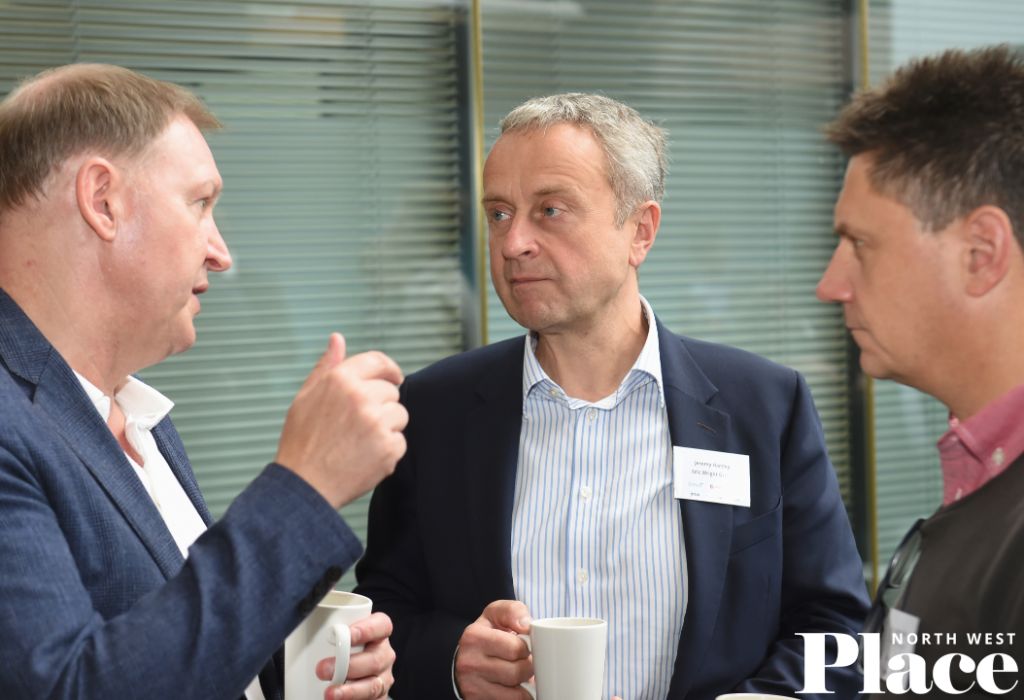

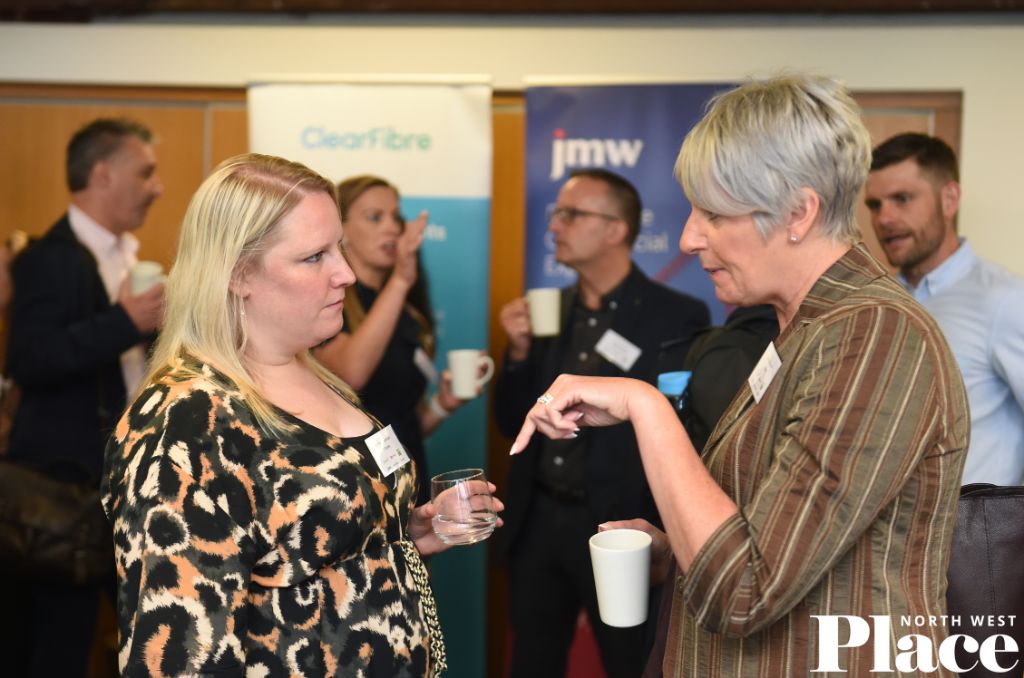

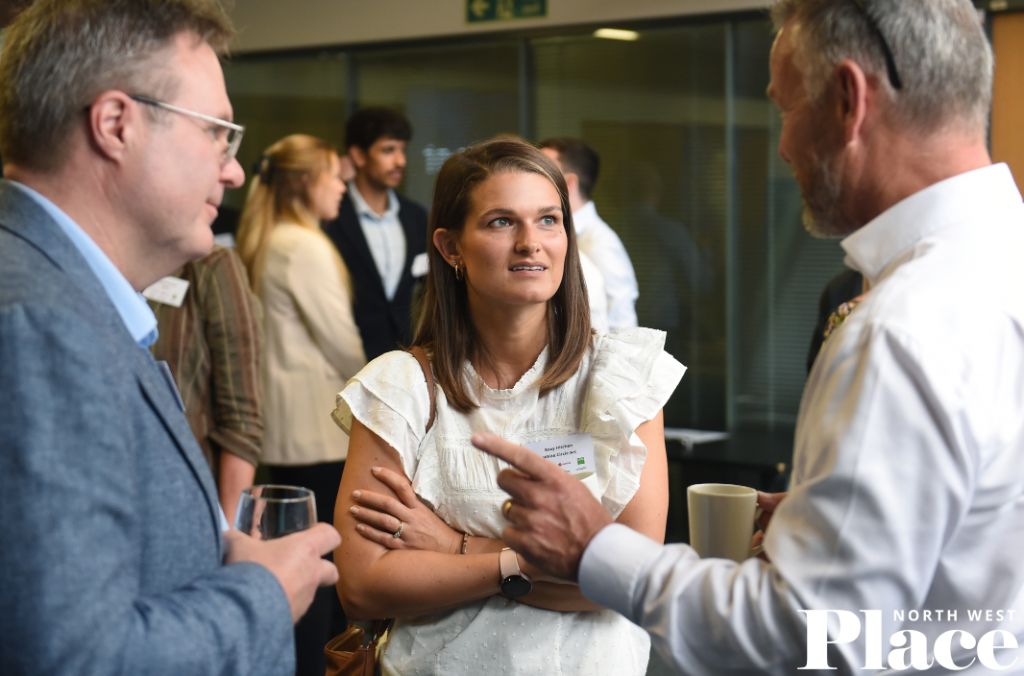

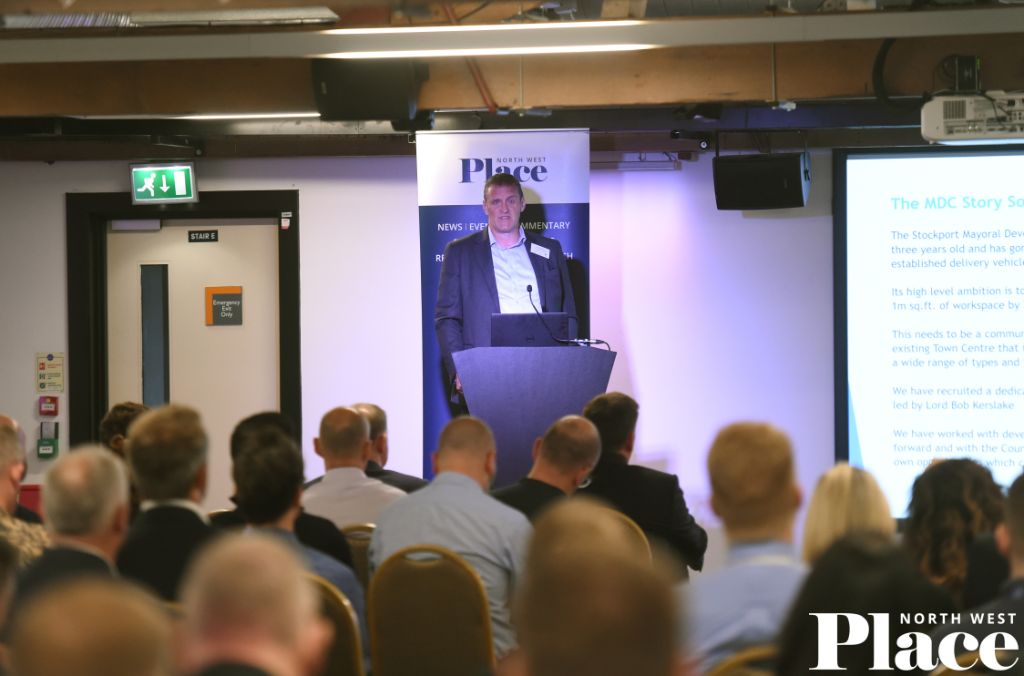
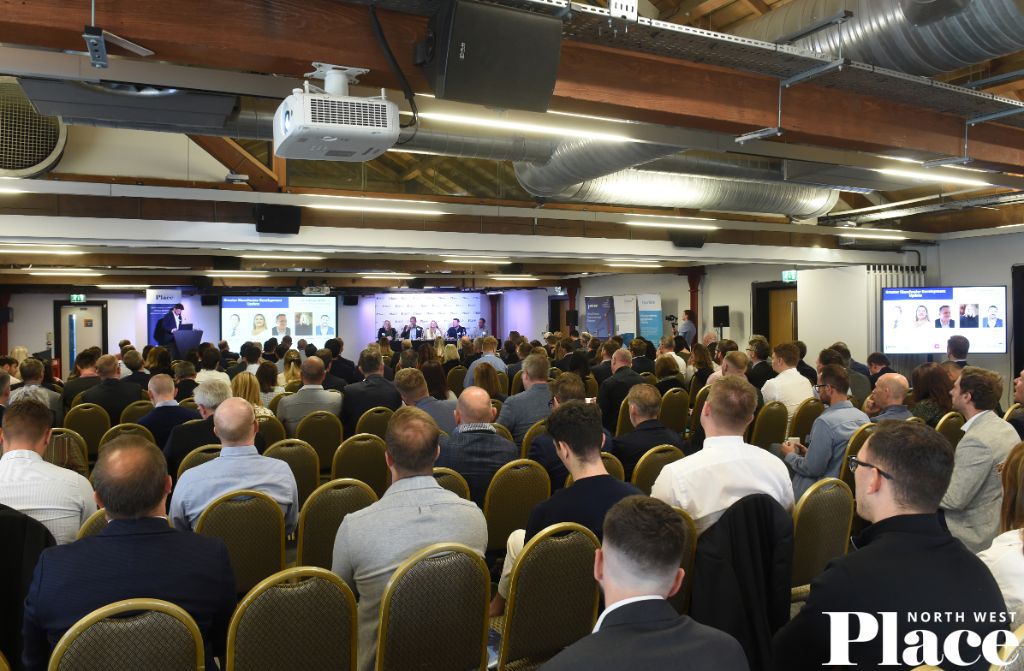
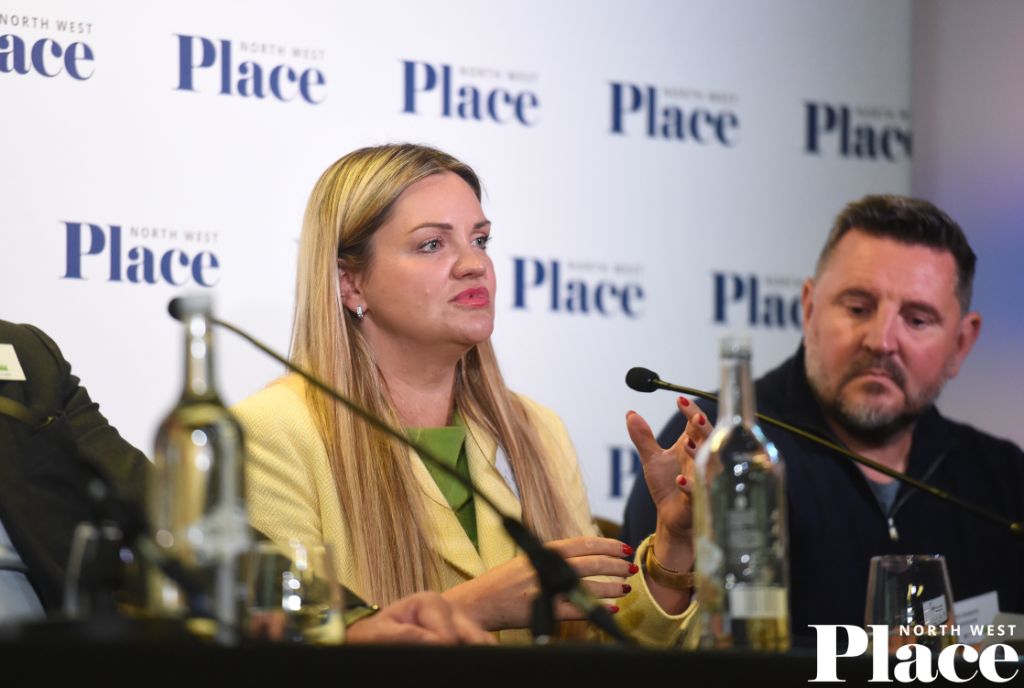
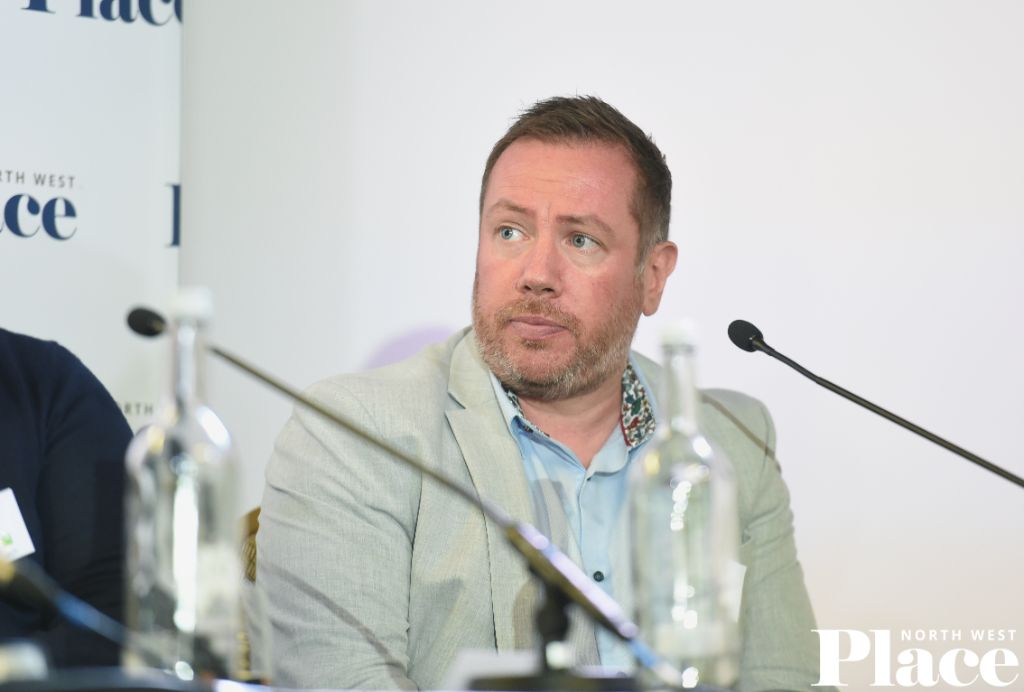
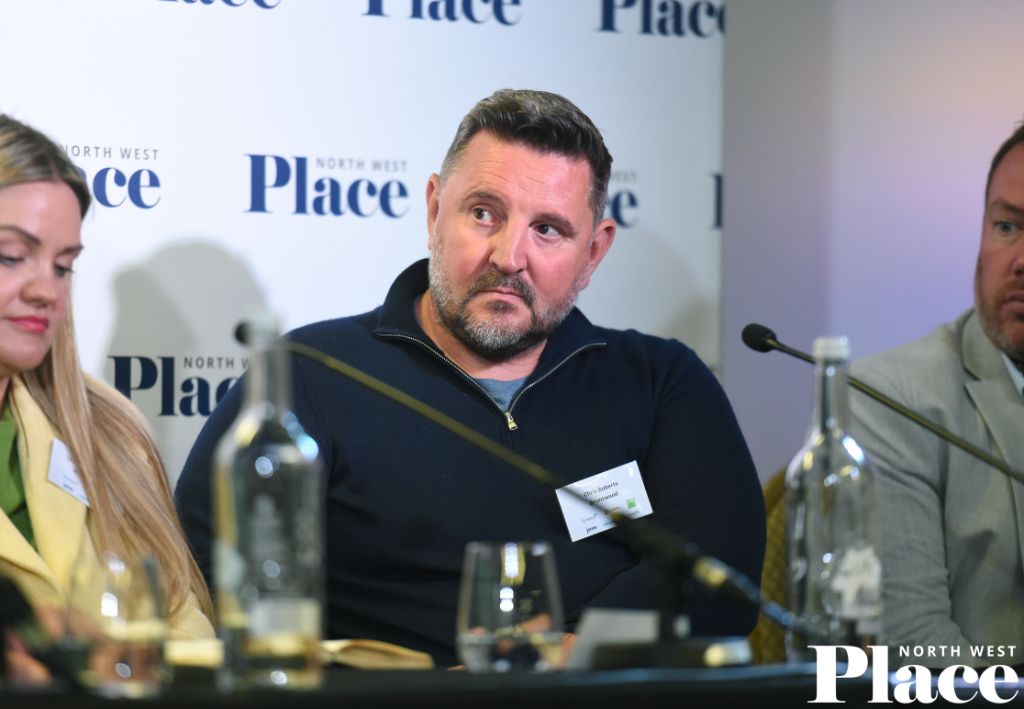
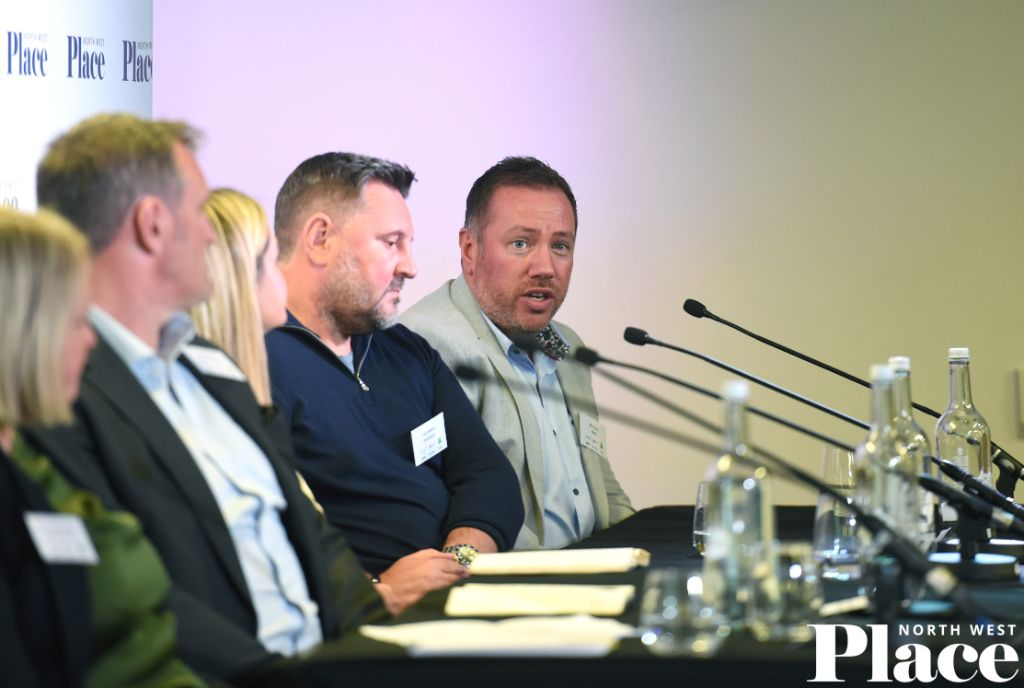
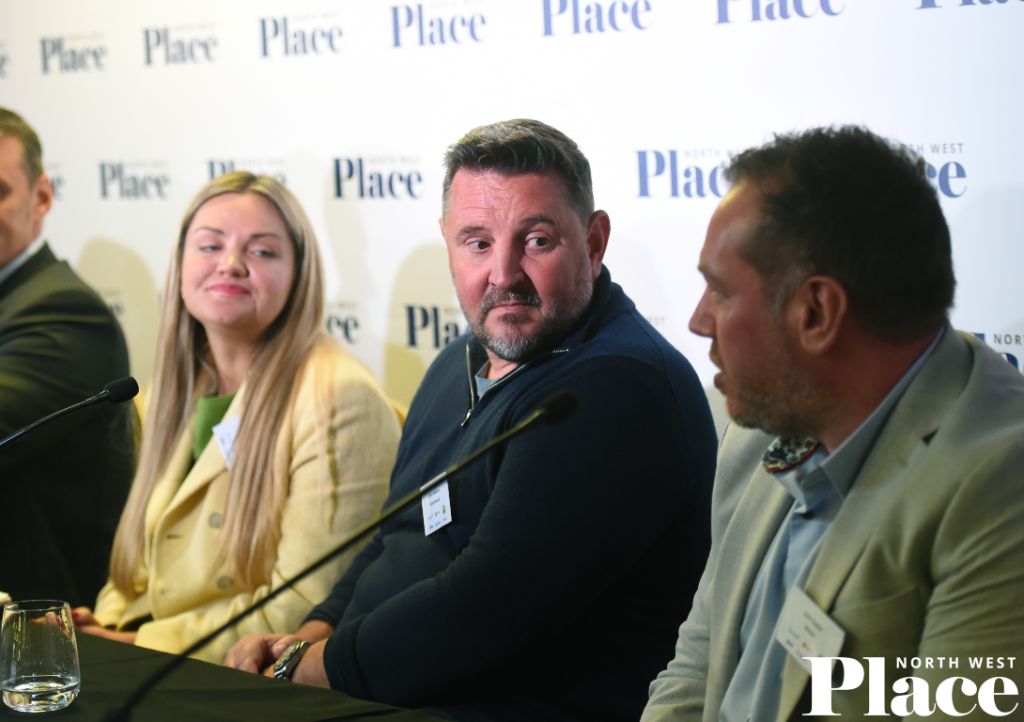
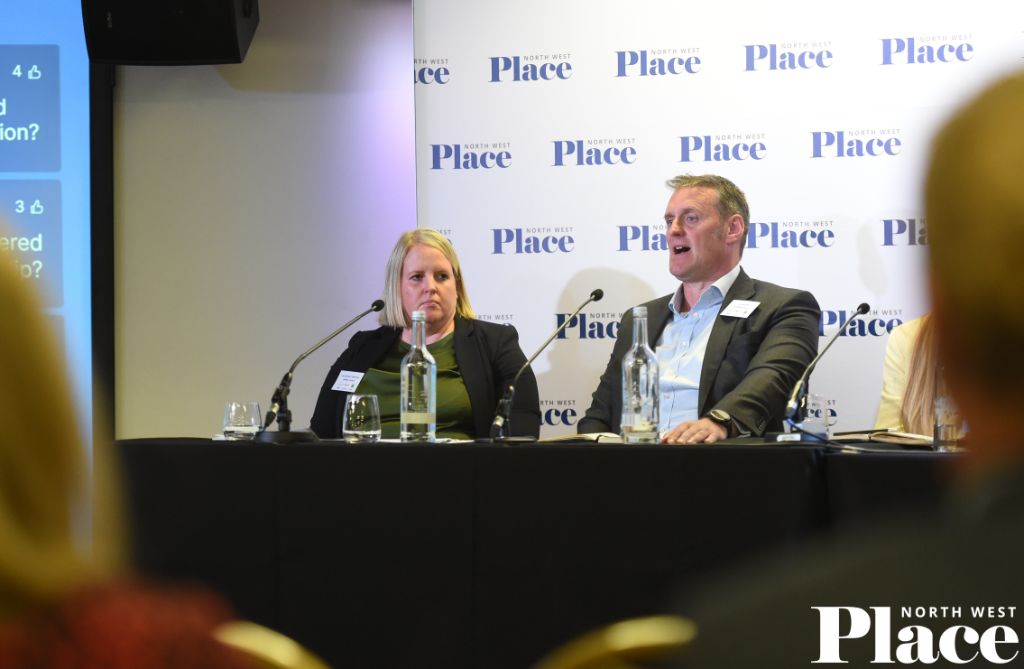
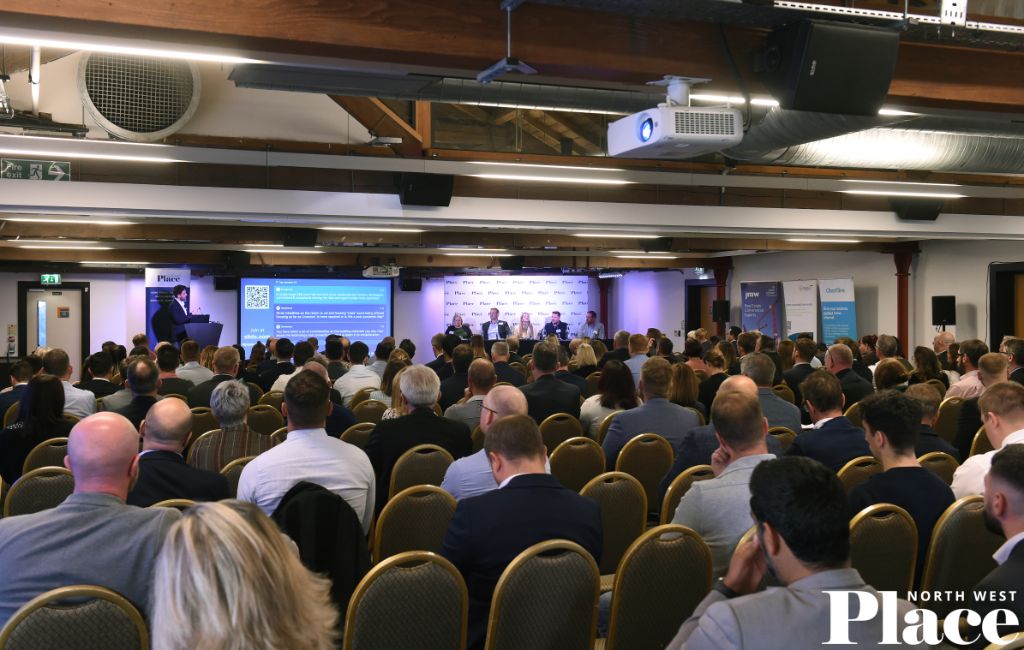
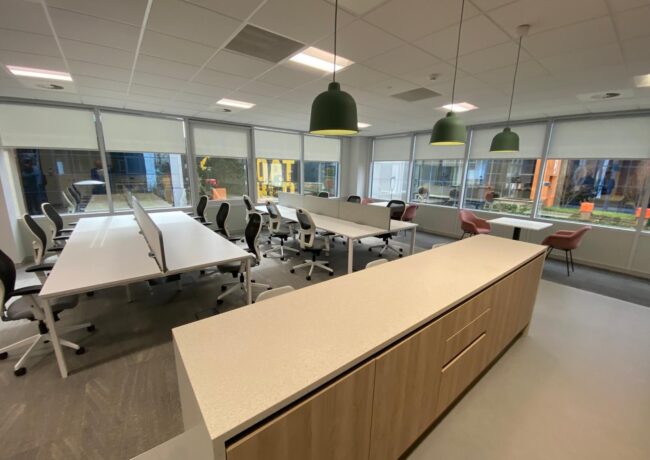
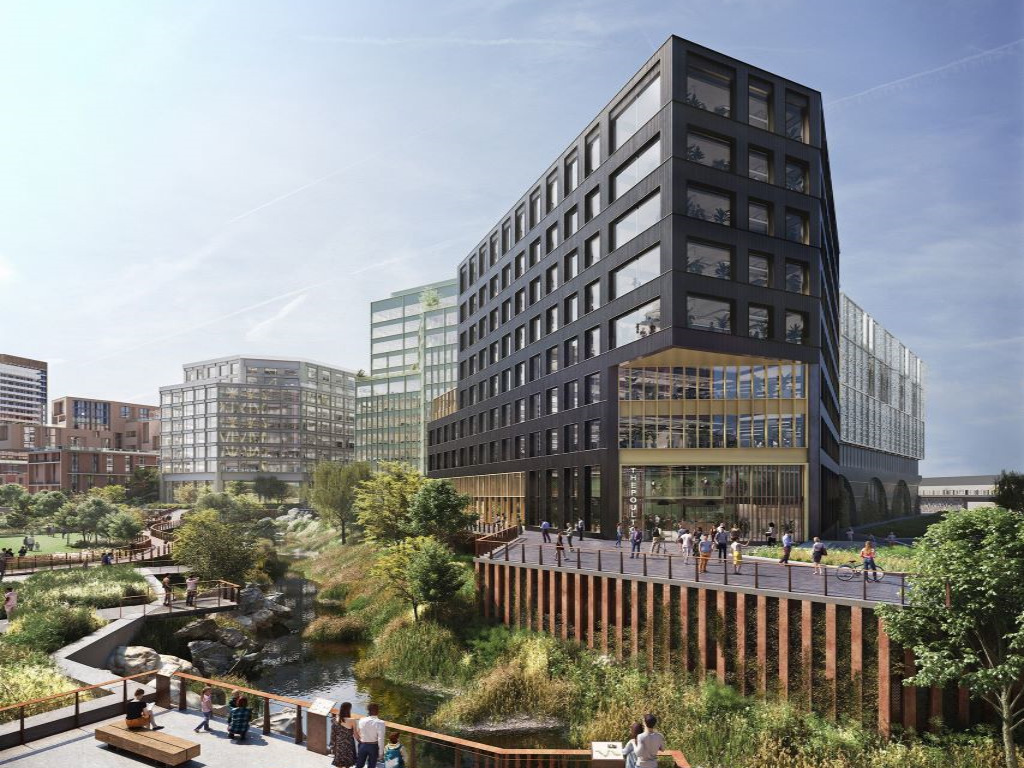
Too right plans take 5 to 10 years. Far far to slow. Look at Places for Everyone (GMSF) it’s already 5 years late, it’ll be 10 by the time it’s complete. That’ll be Andy Burnham’s legacy, people will not have been able to find homes because of his policitic.
By TJL